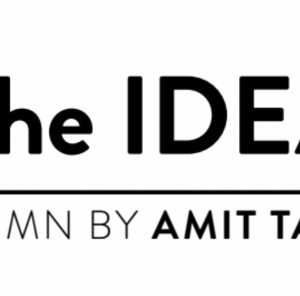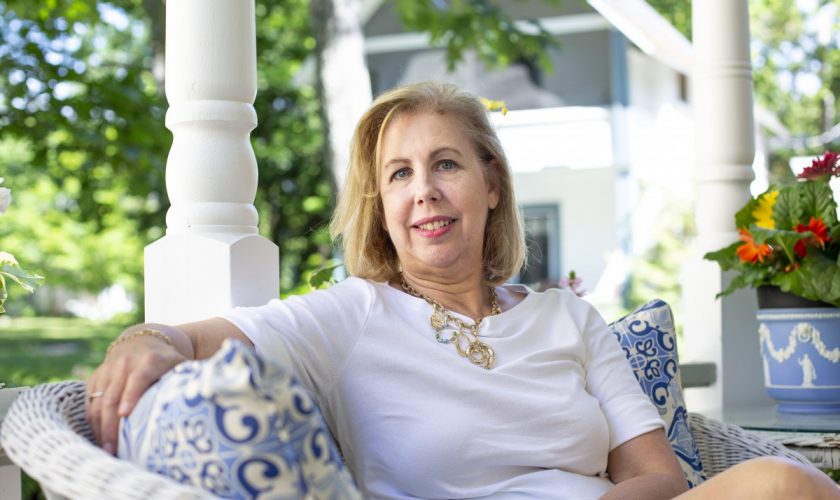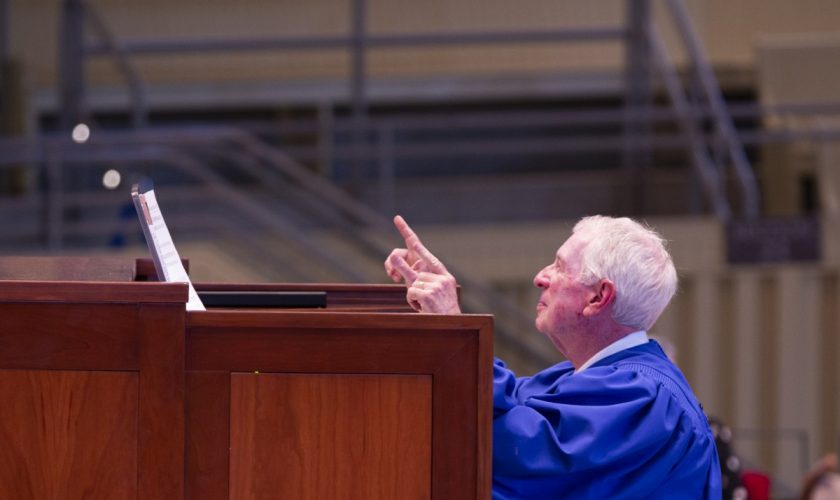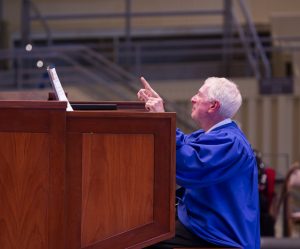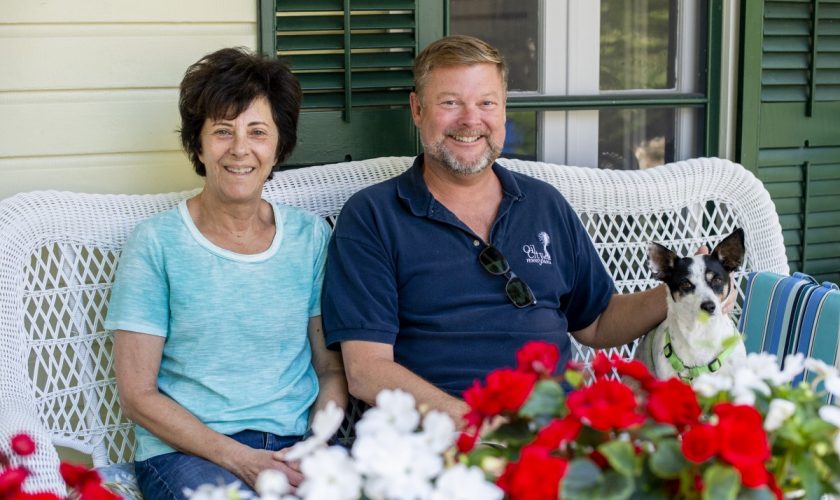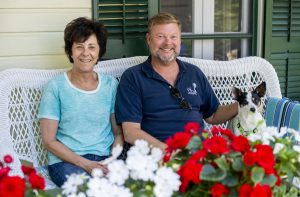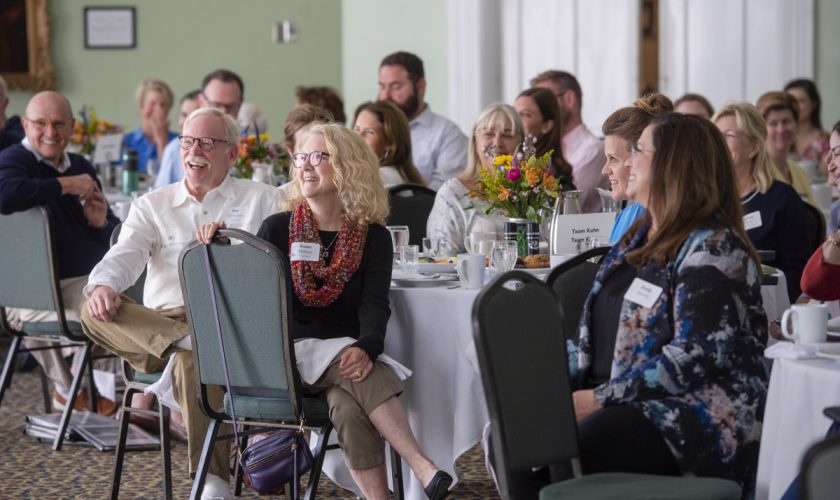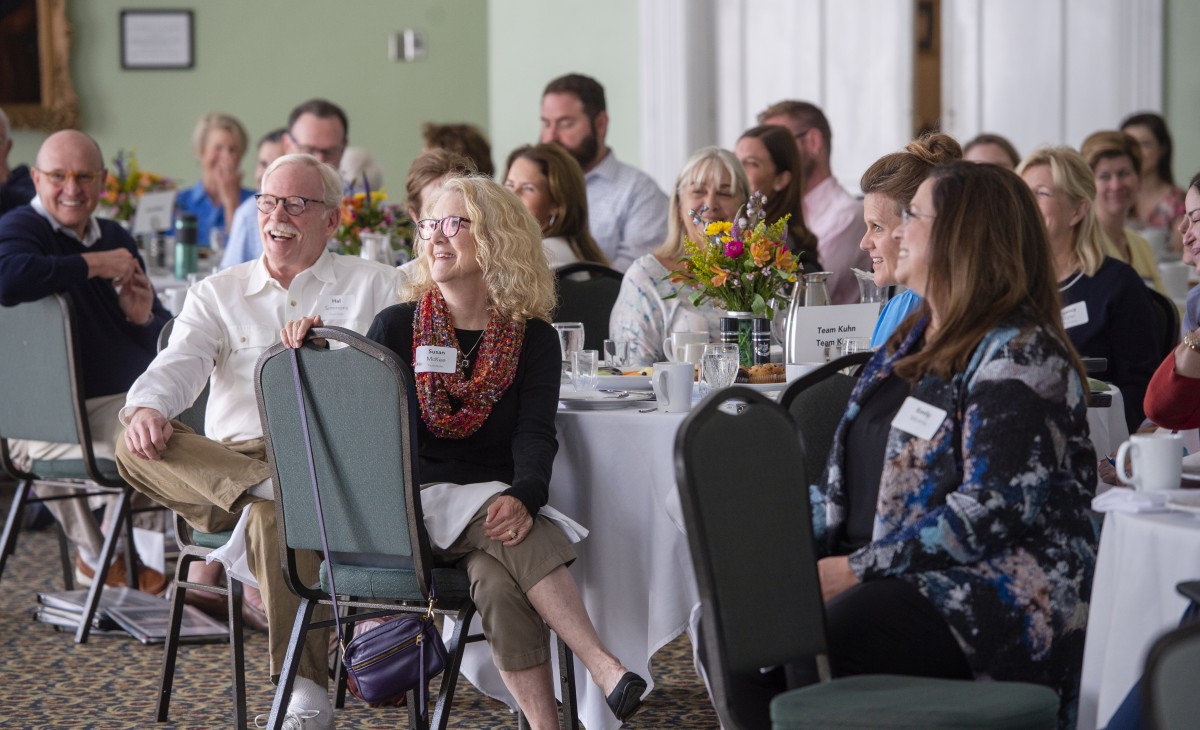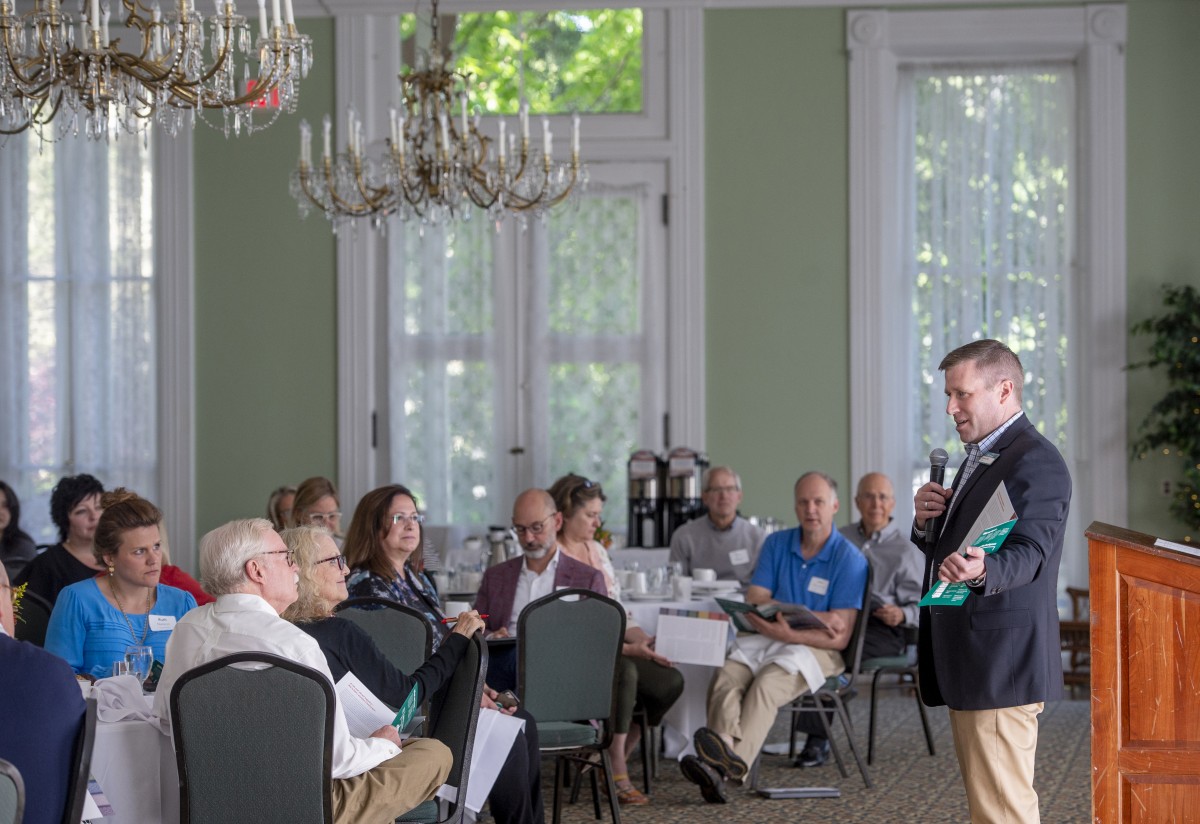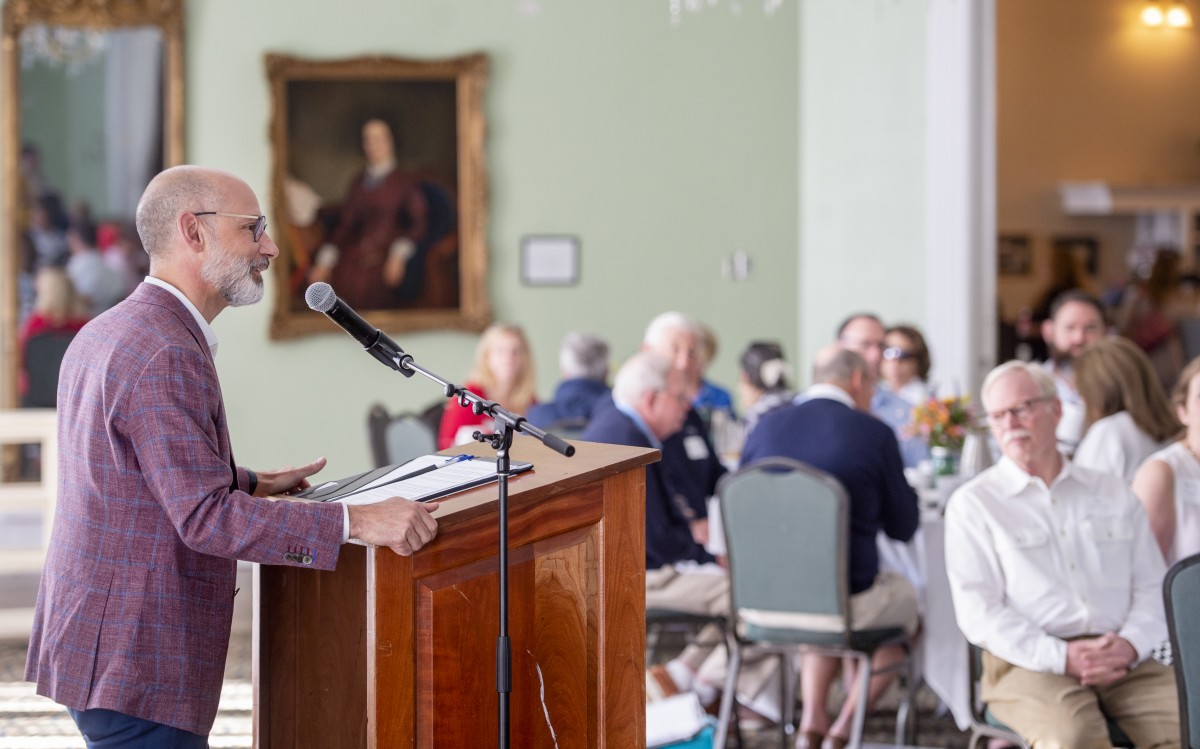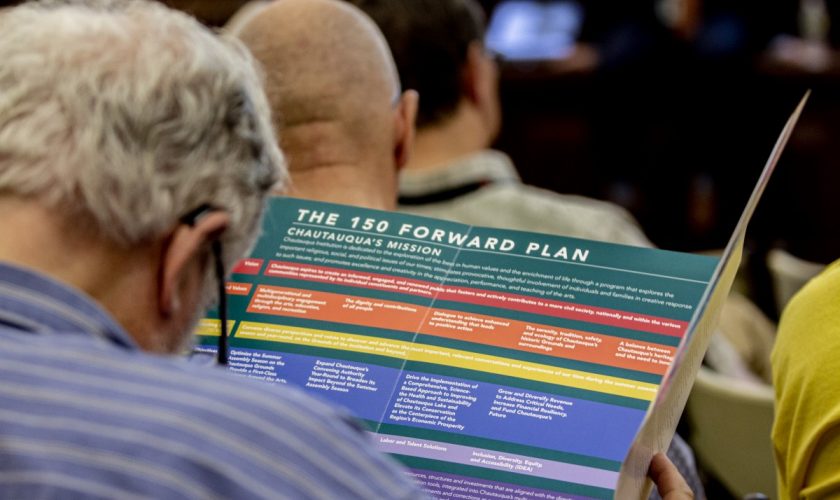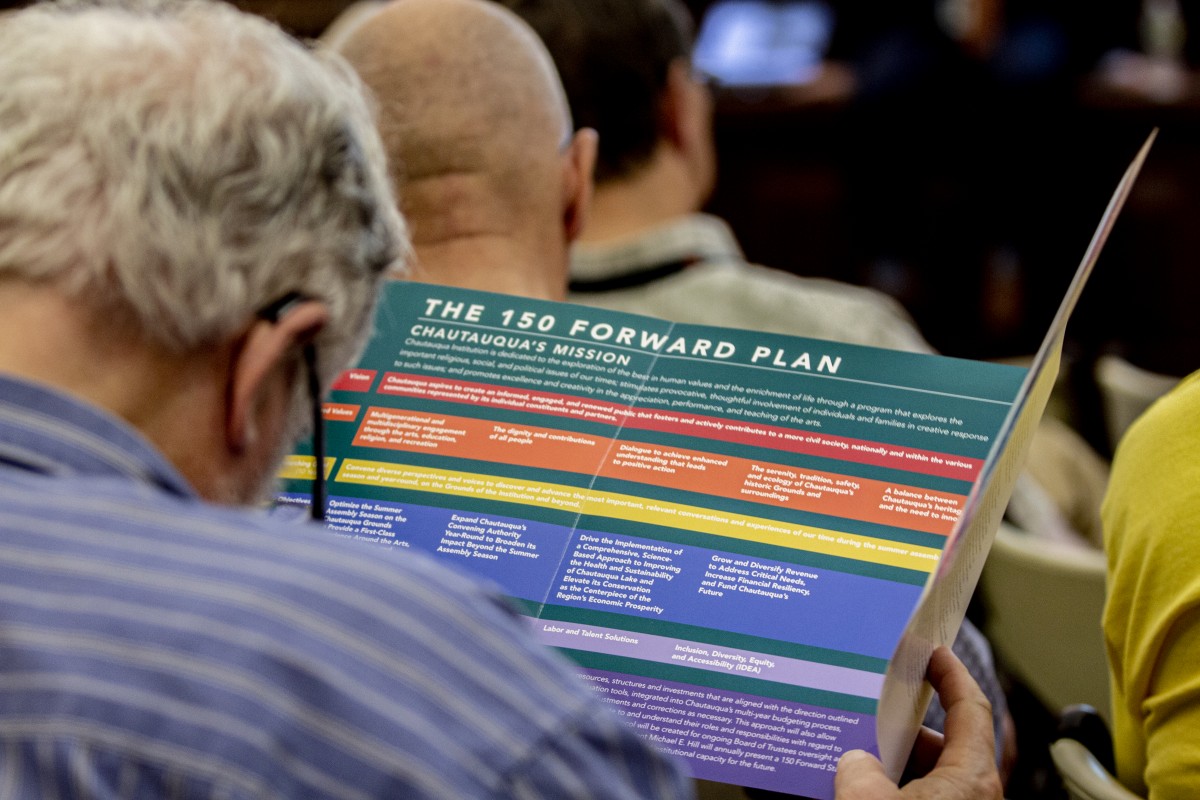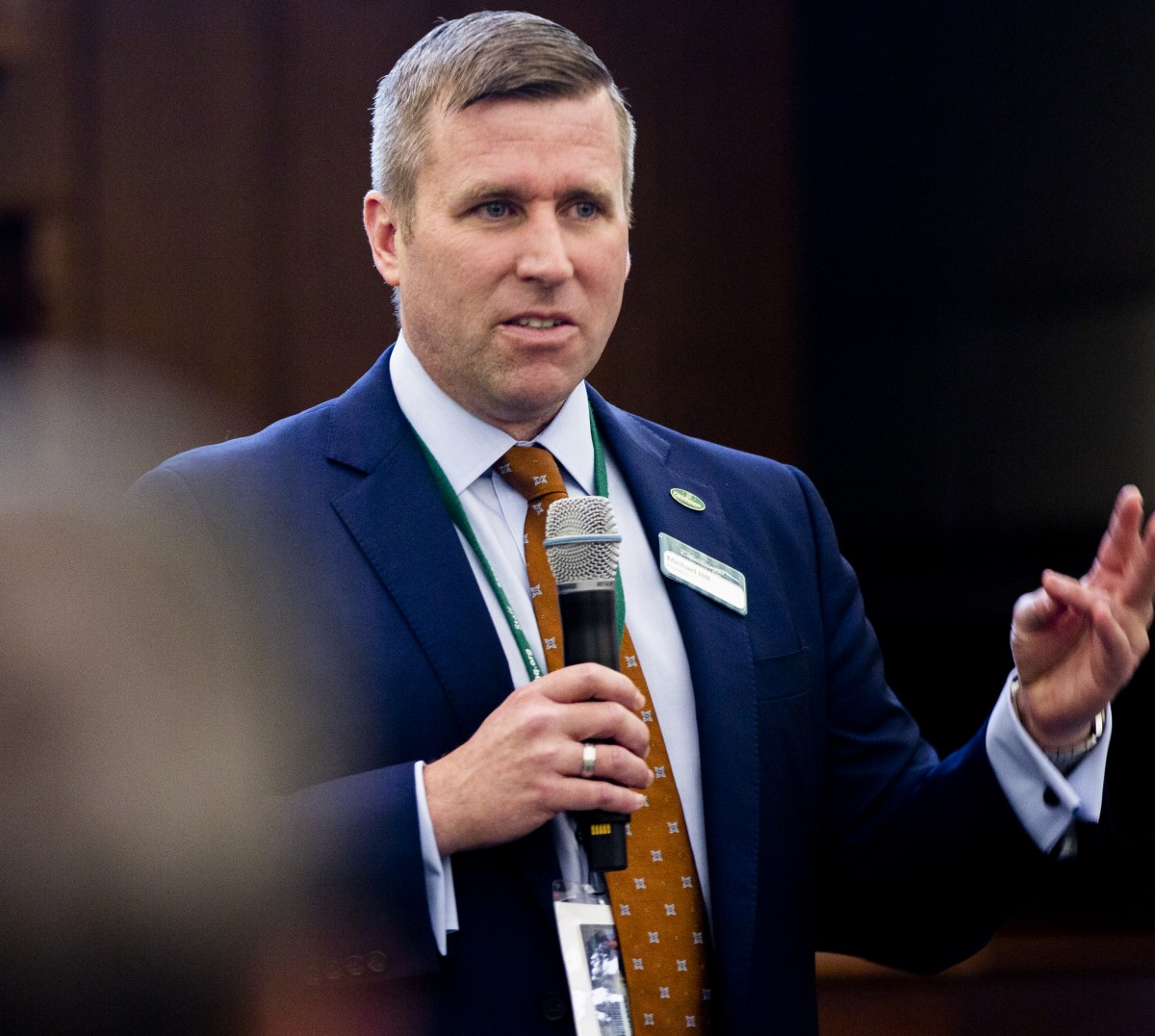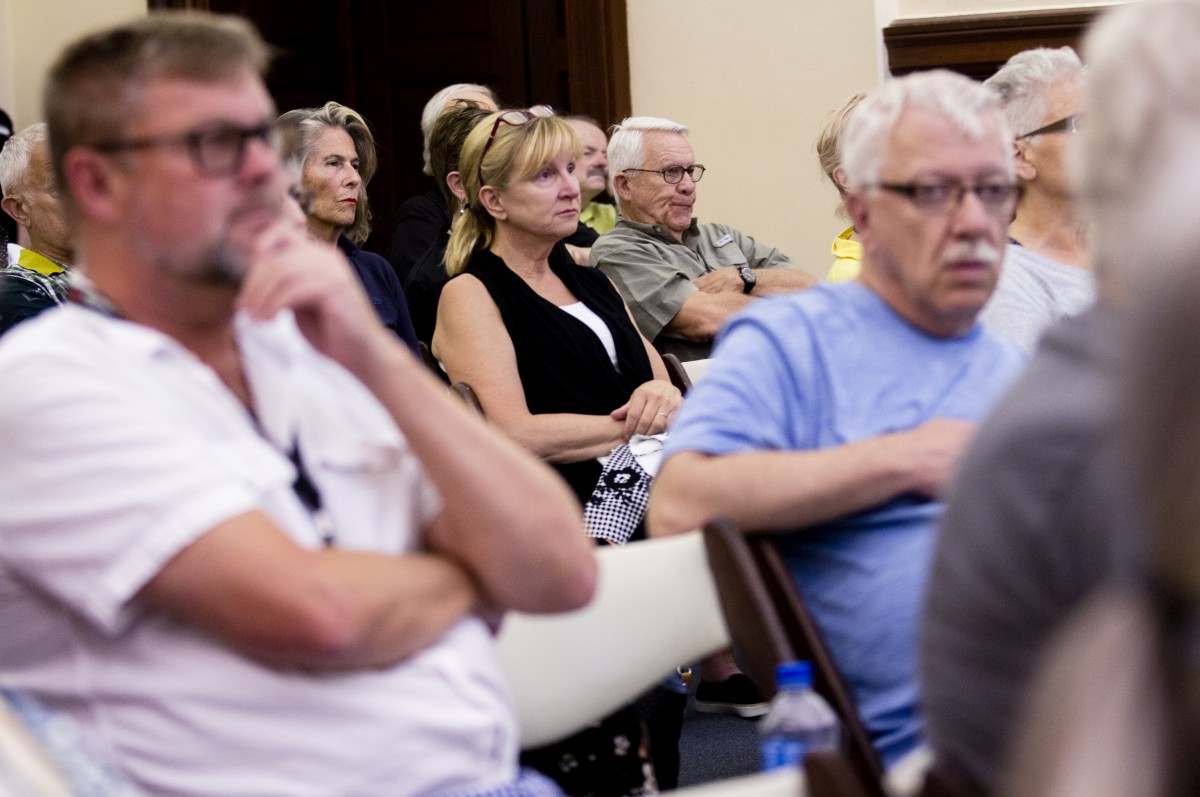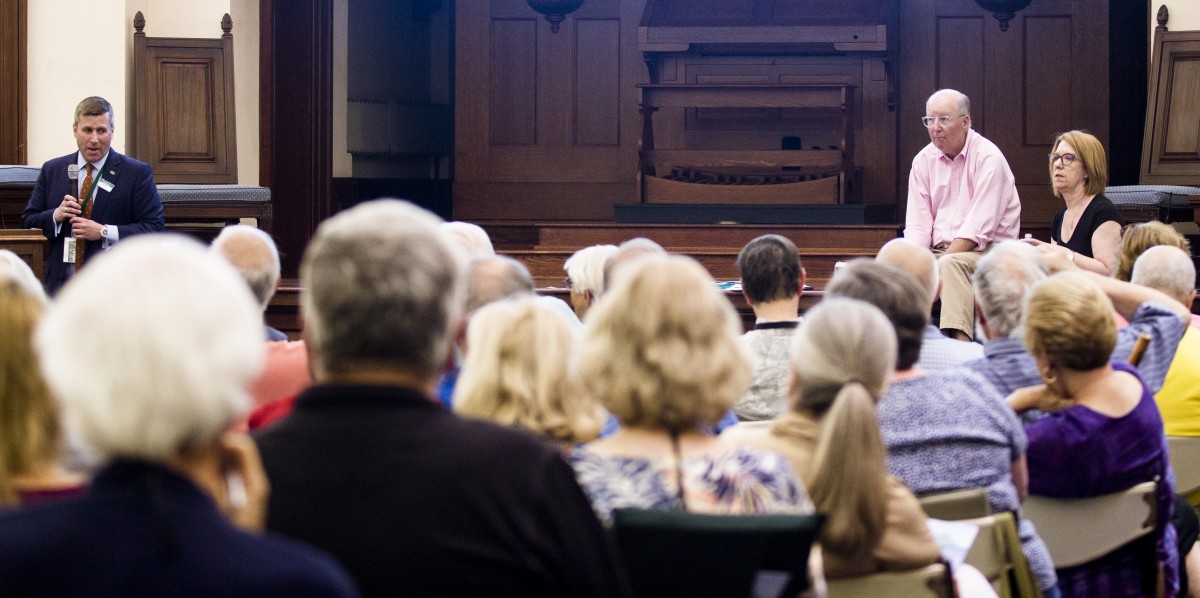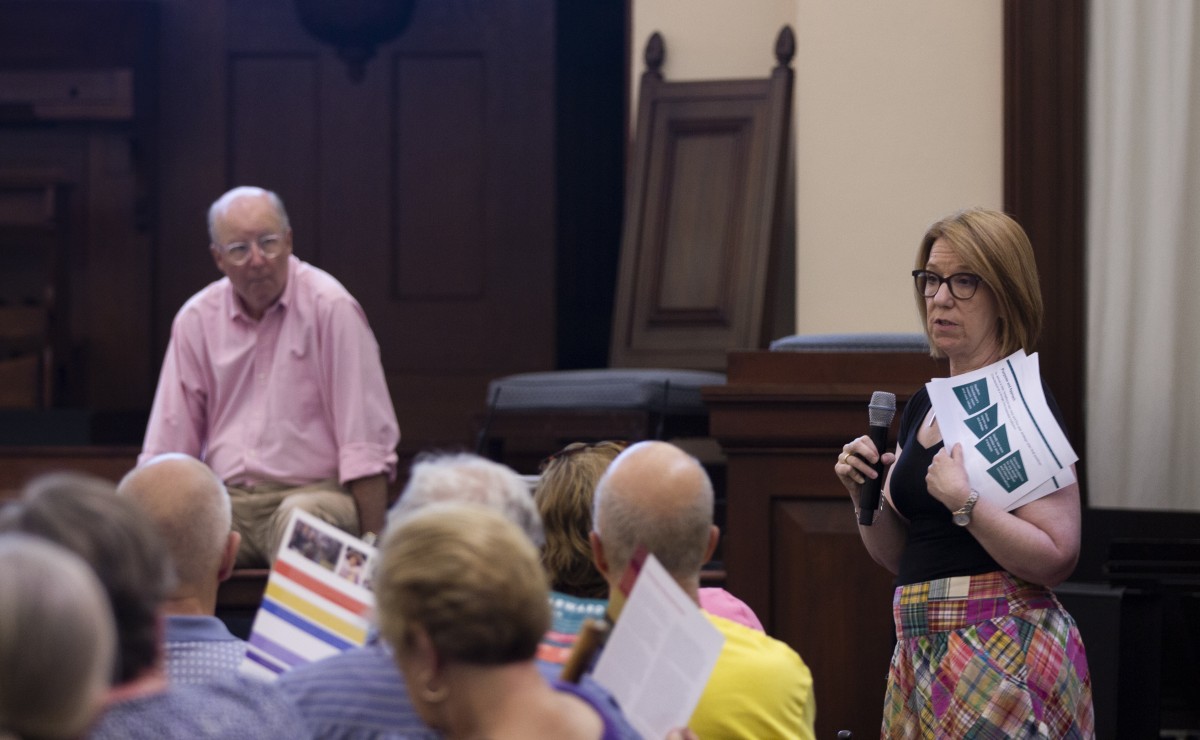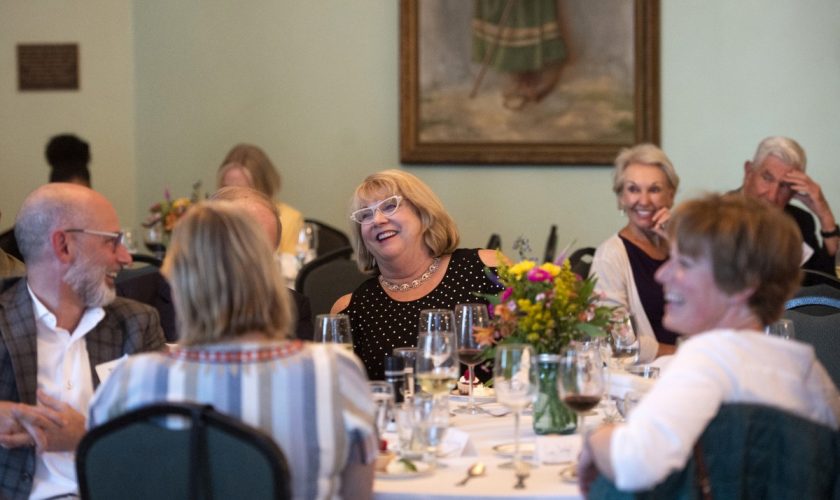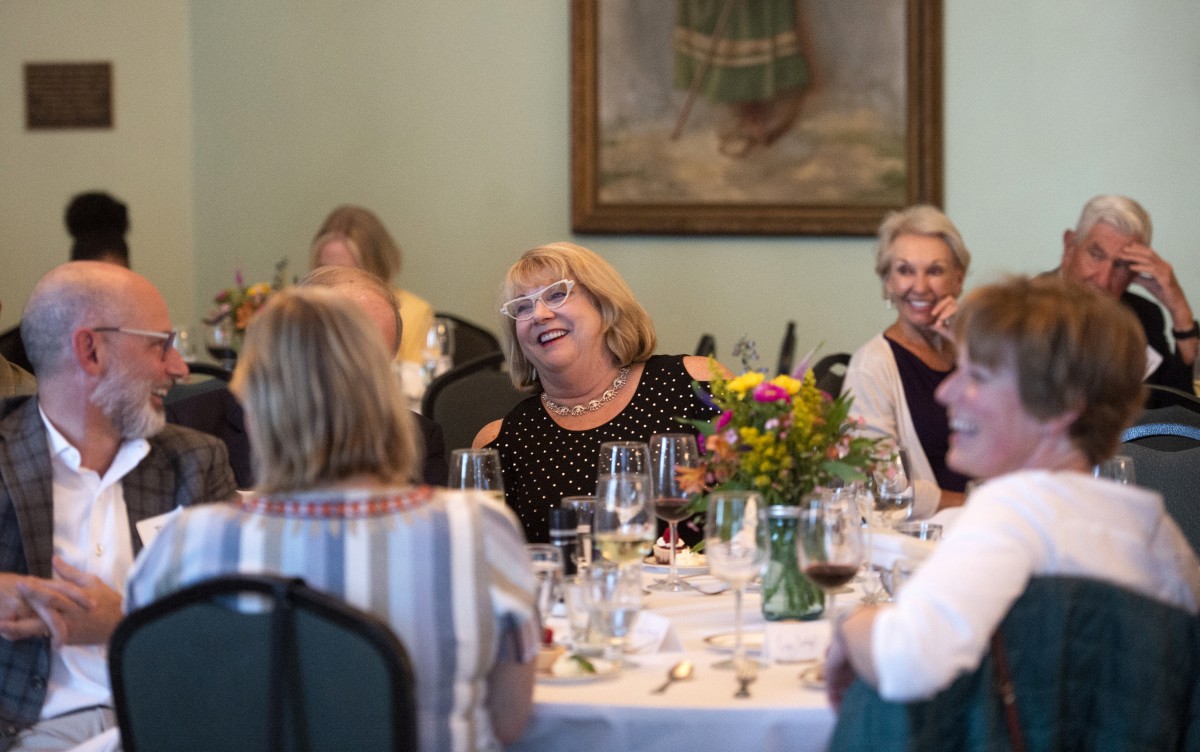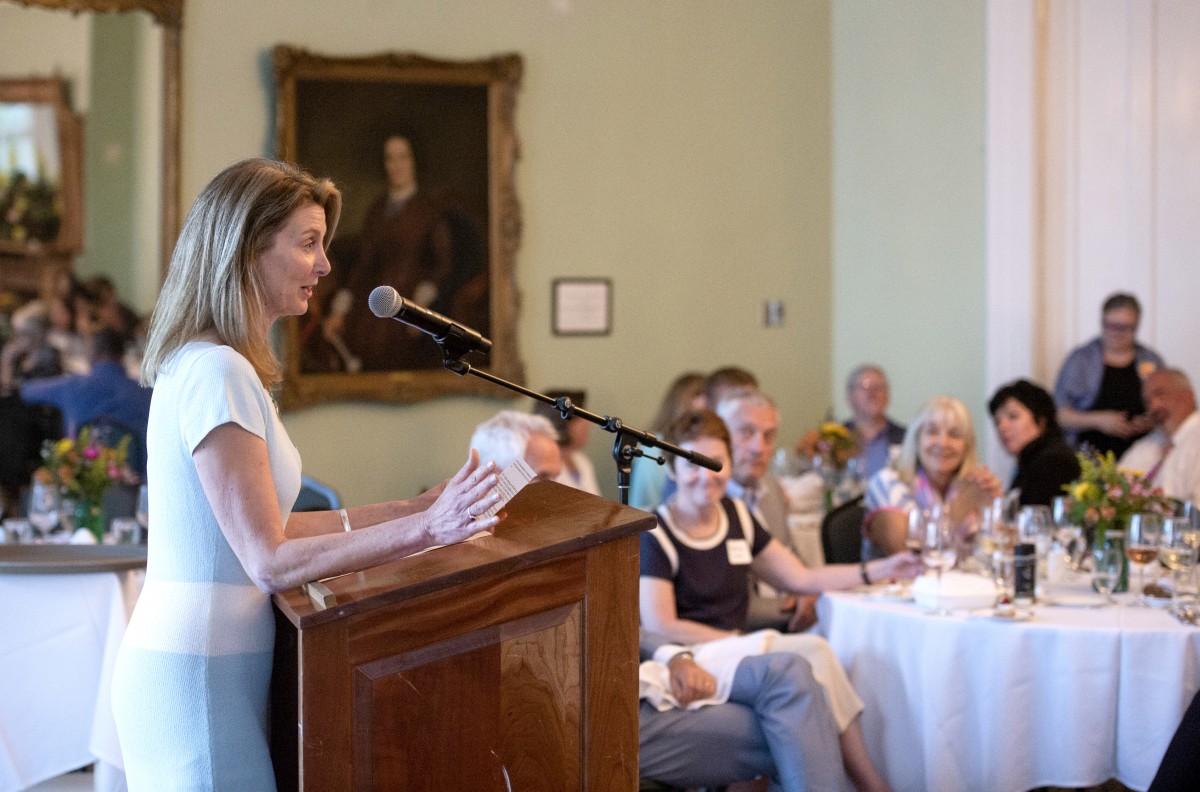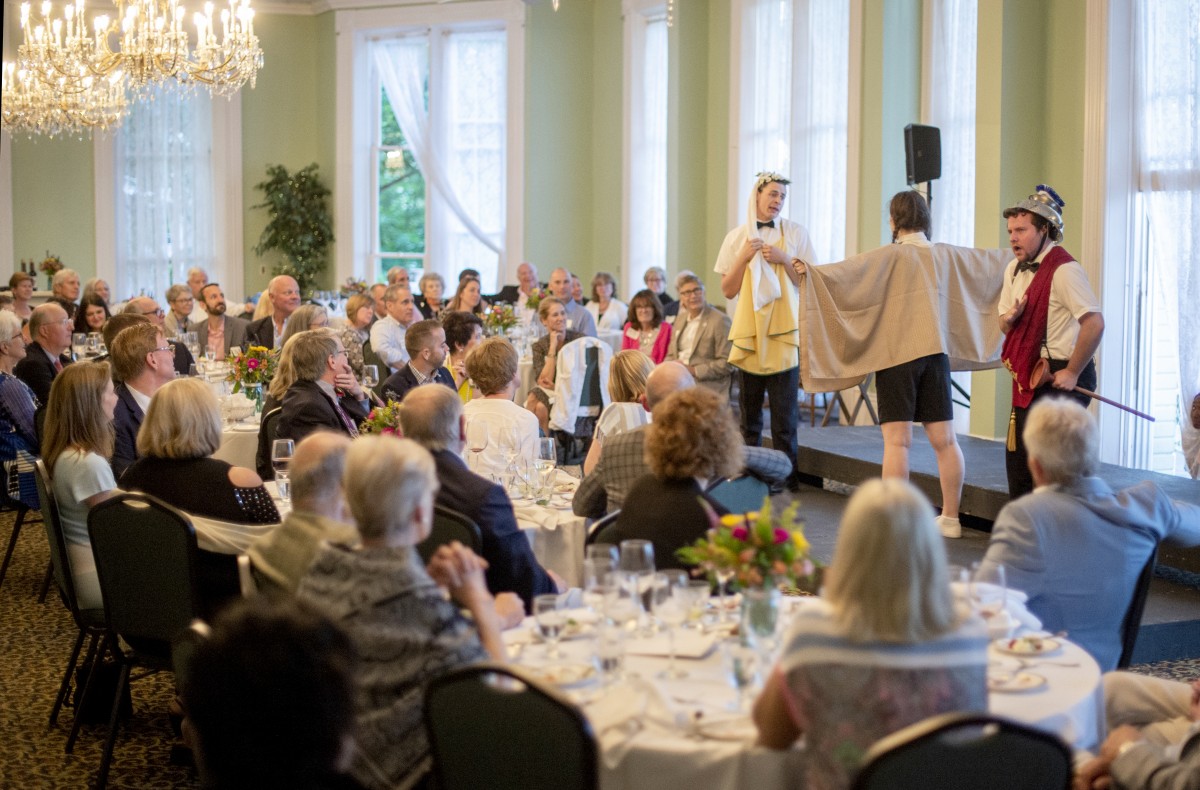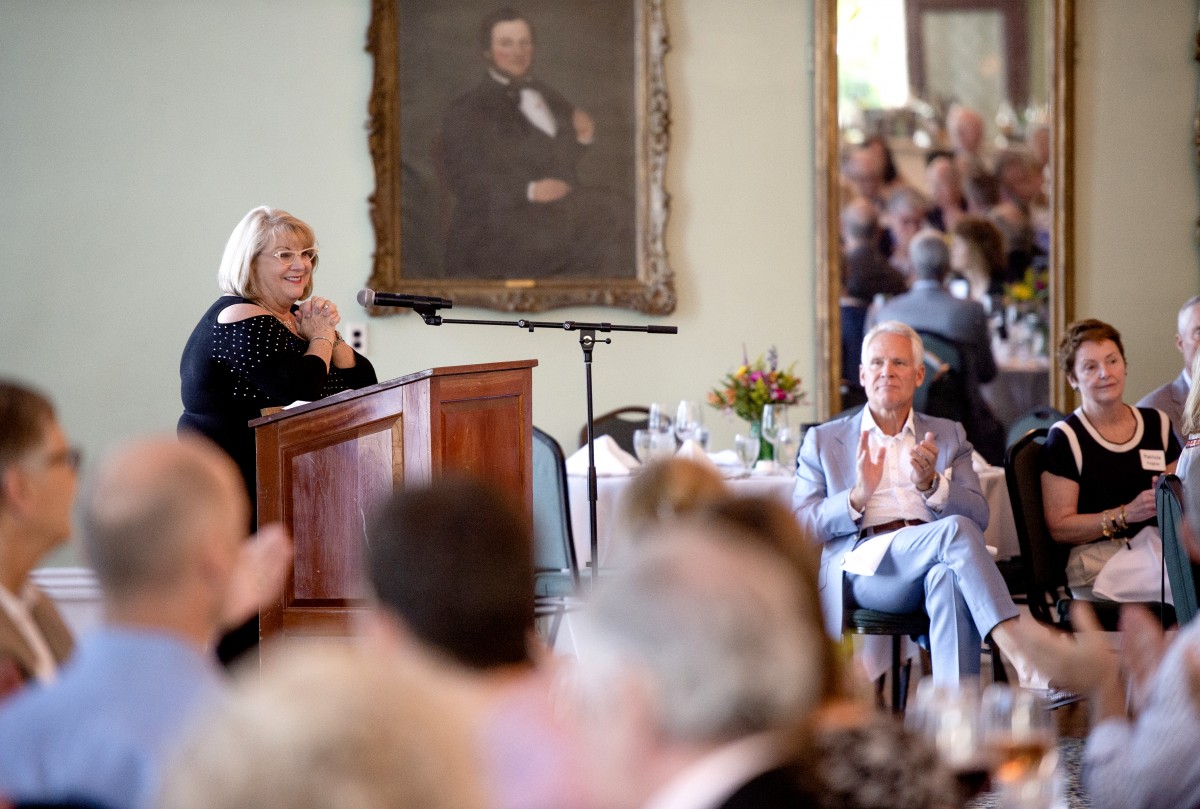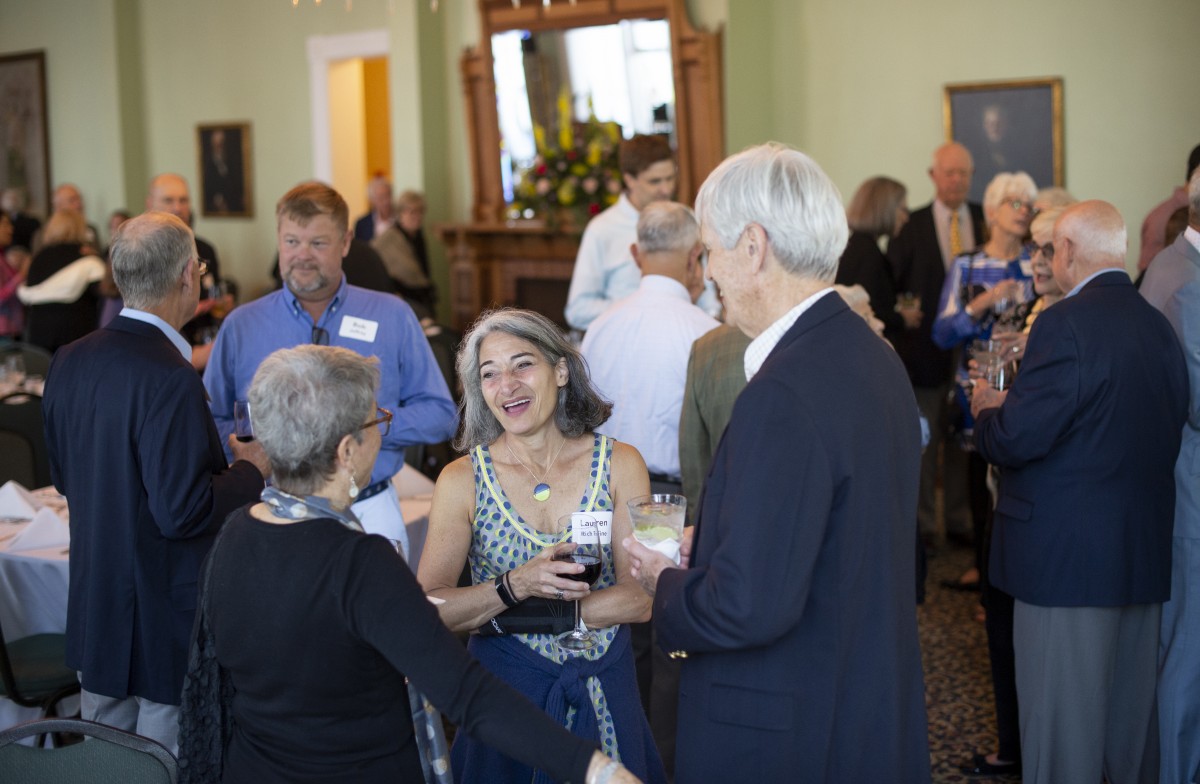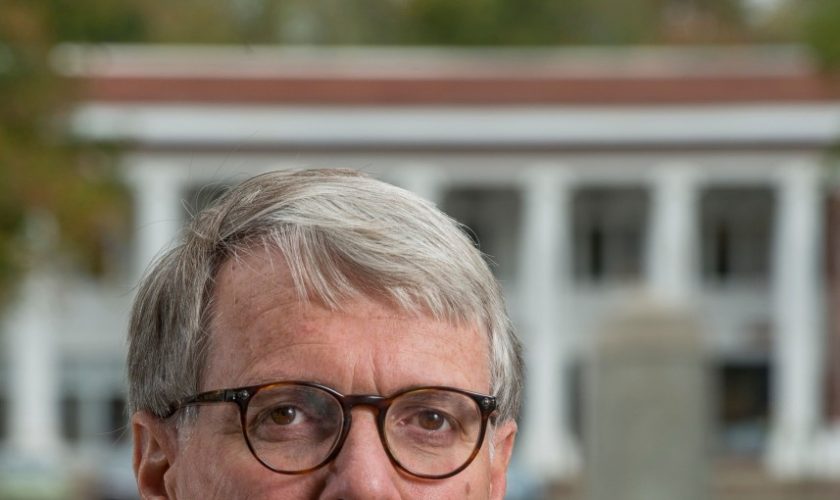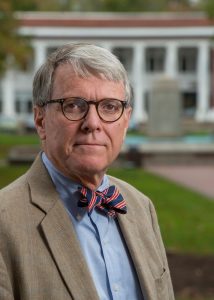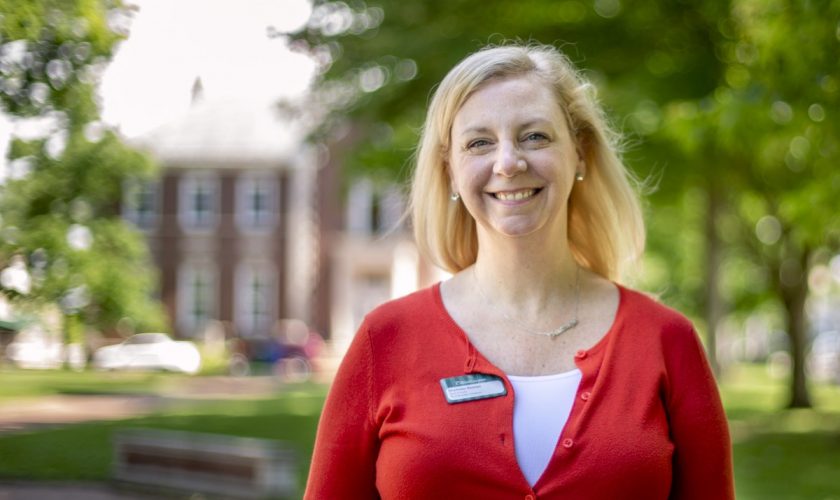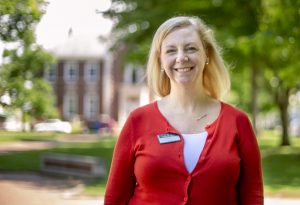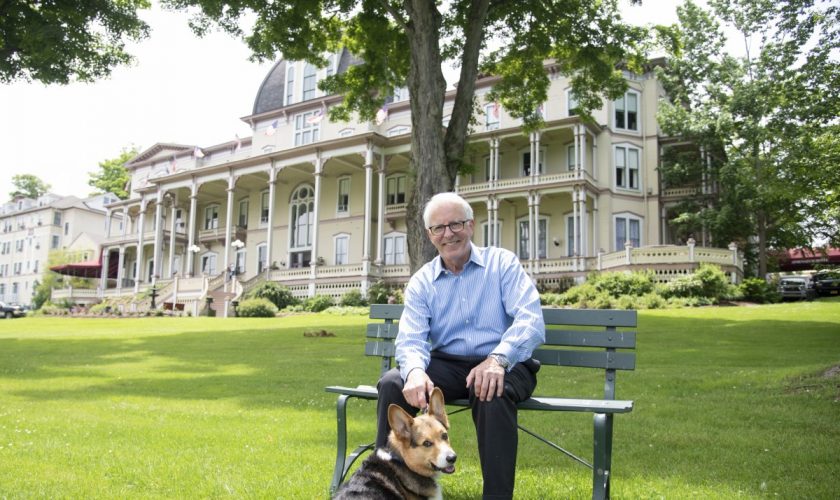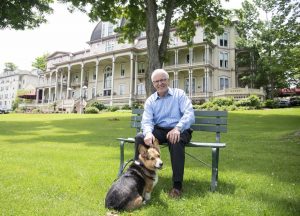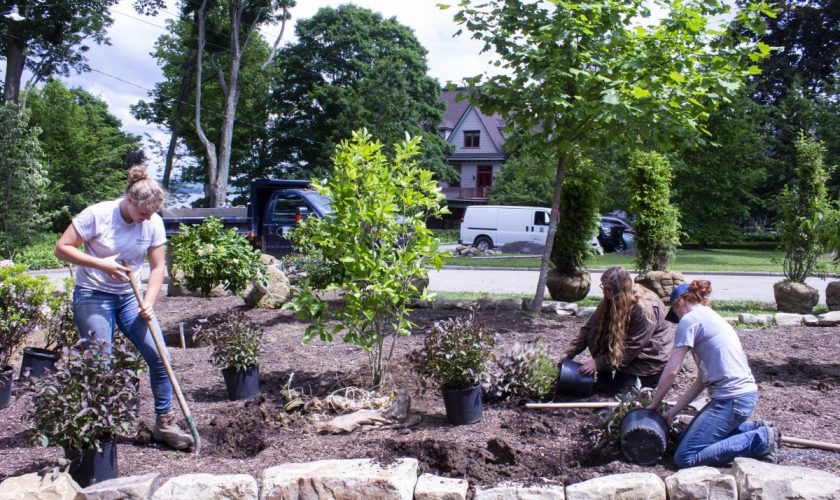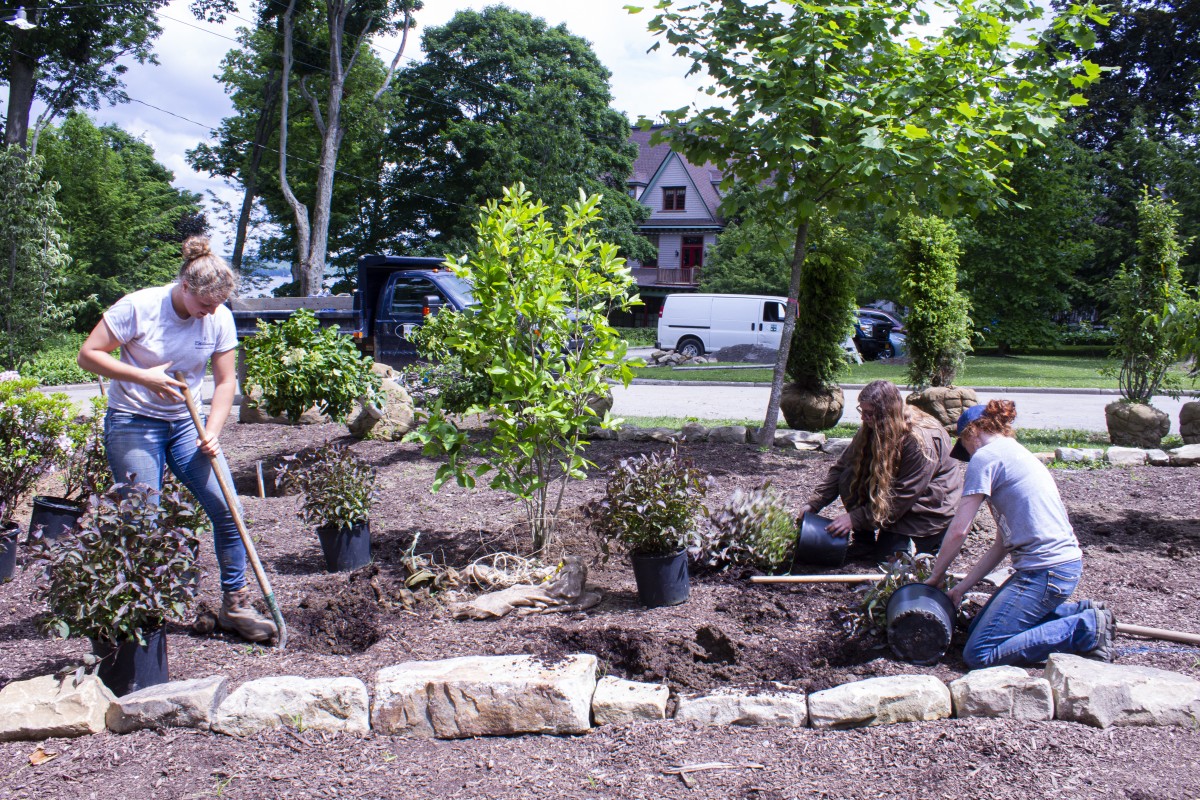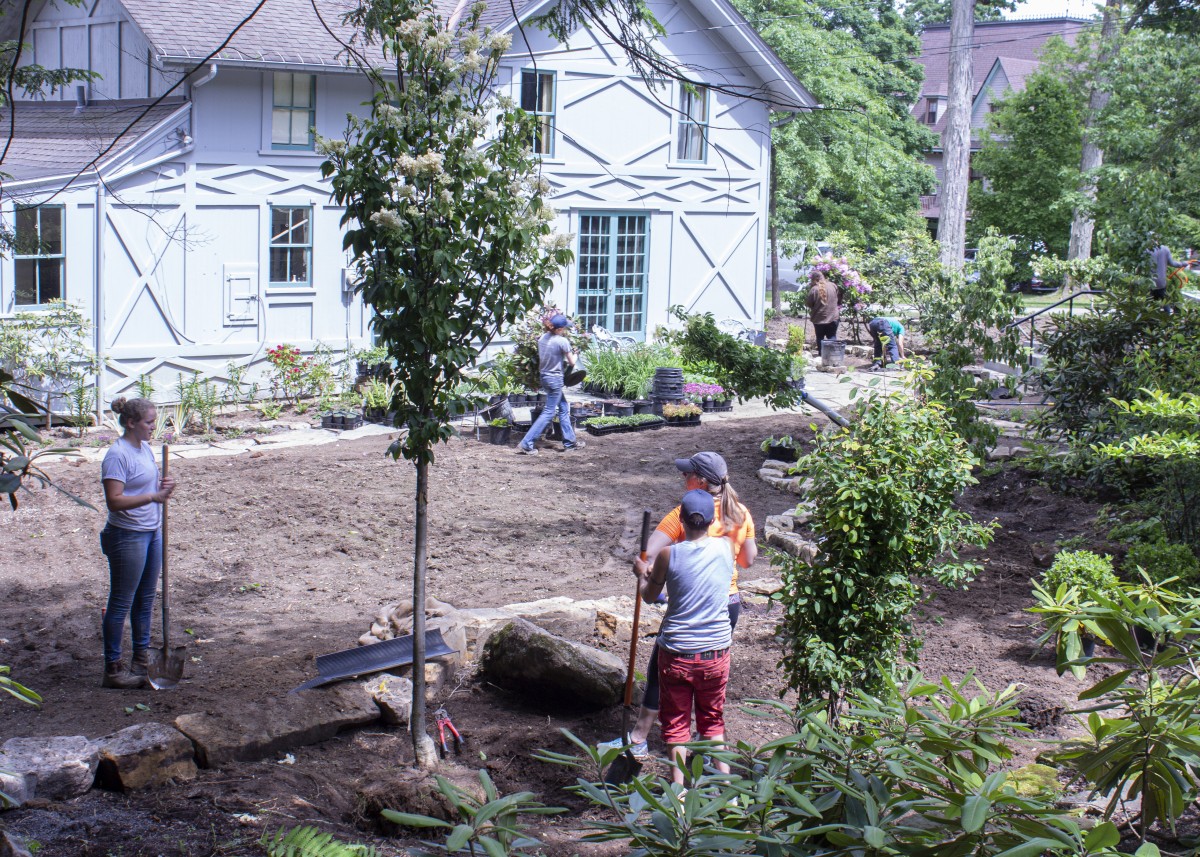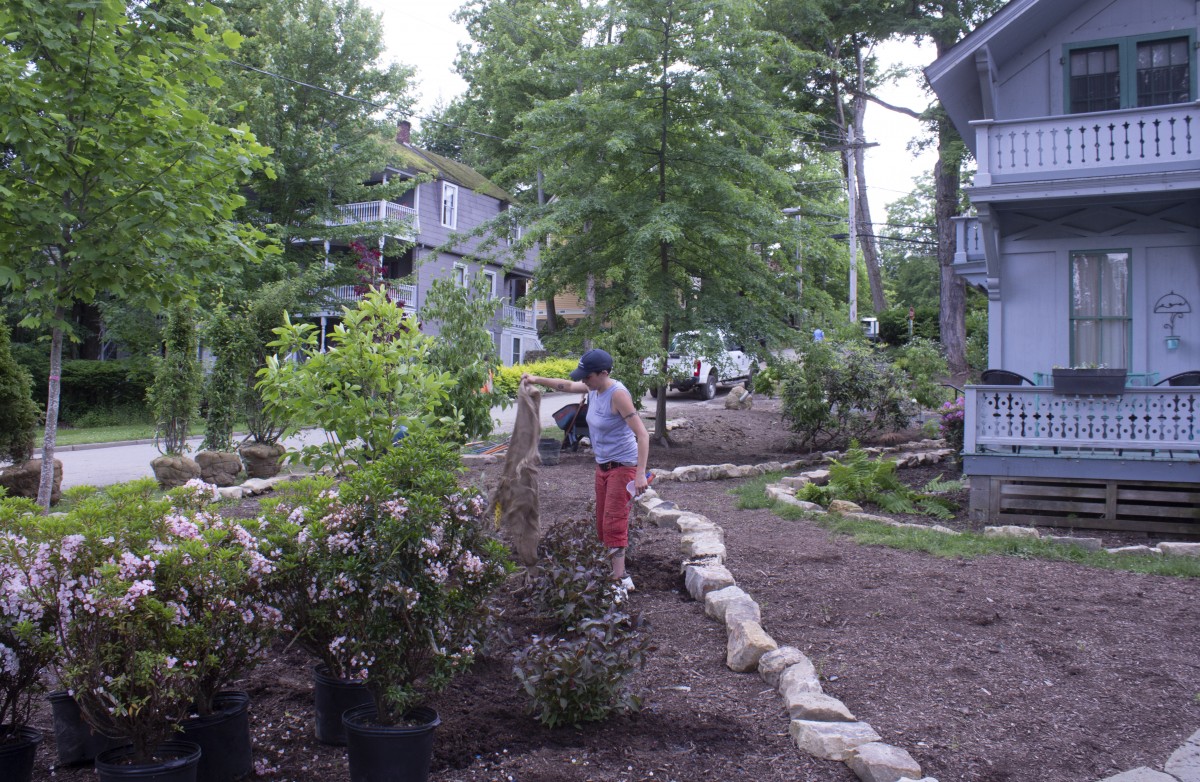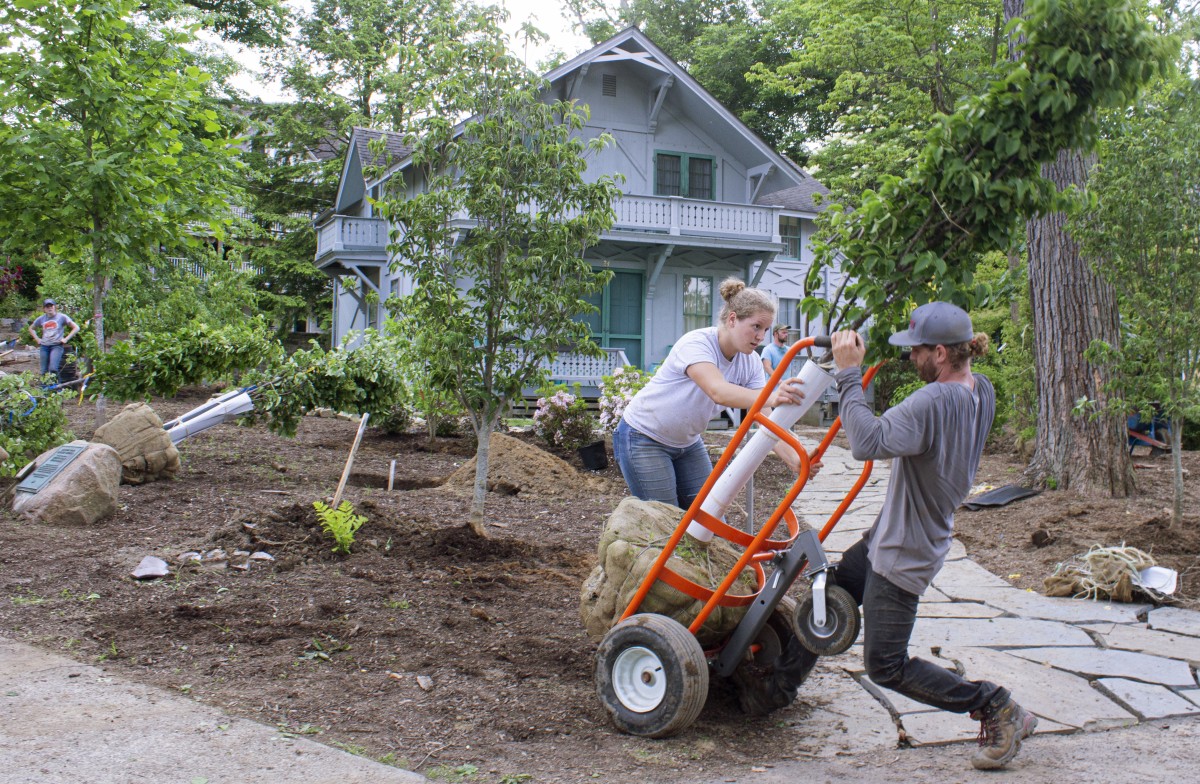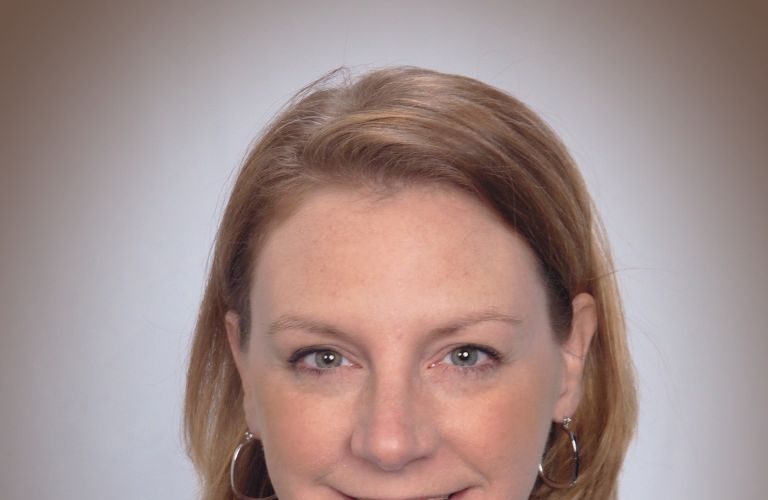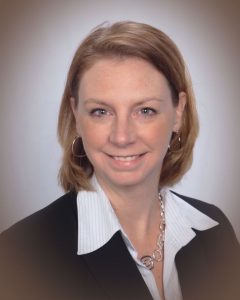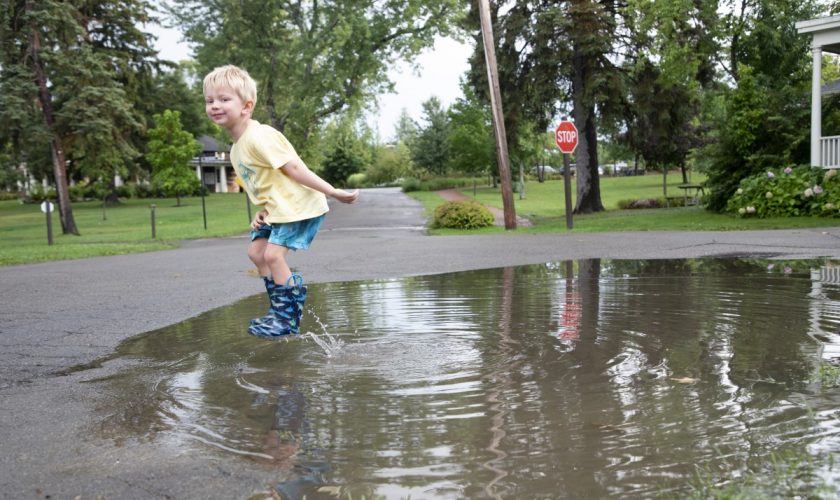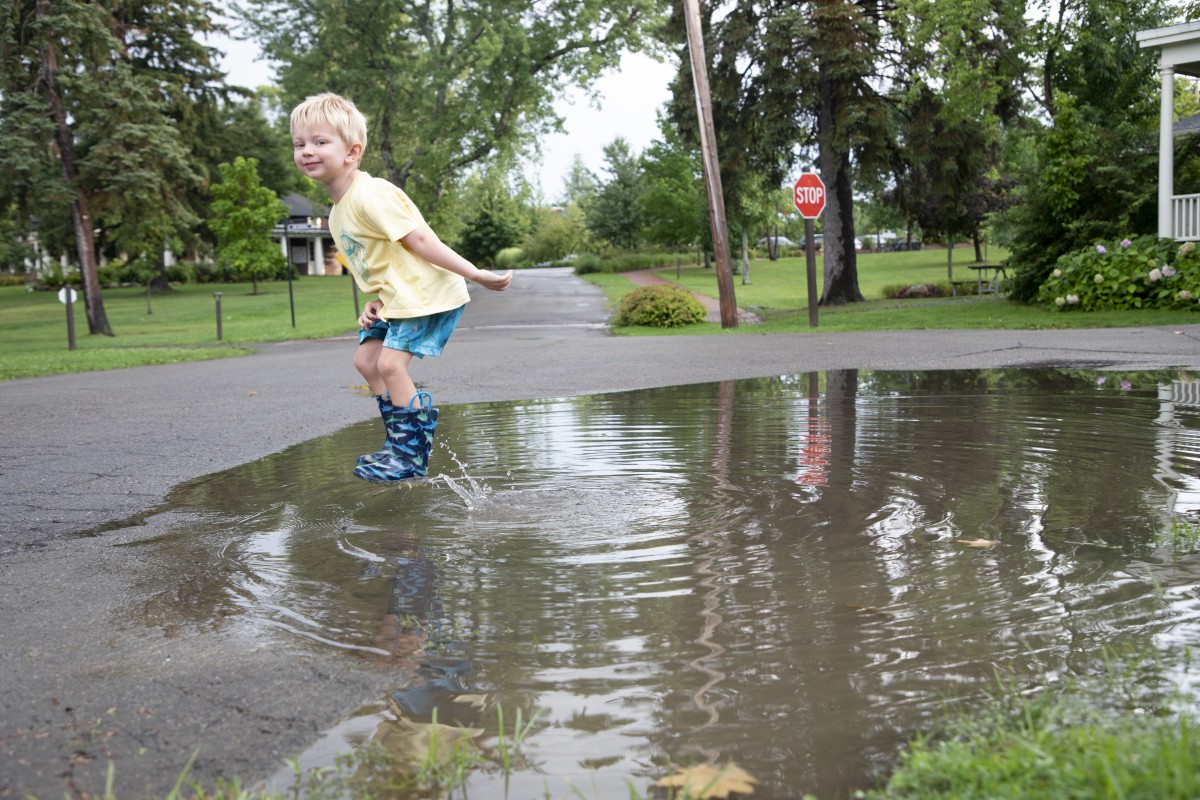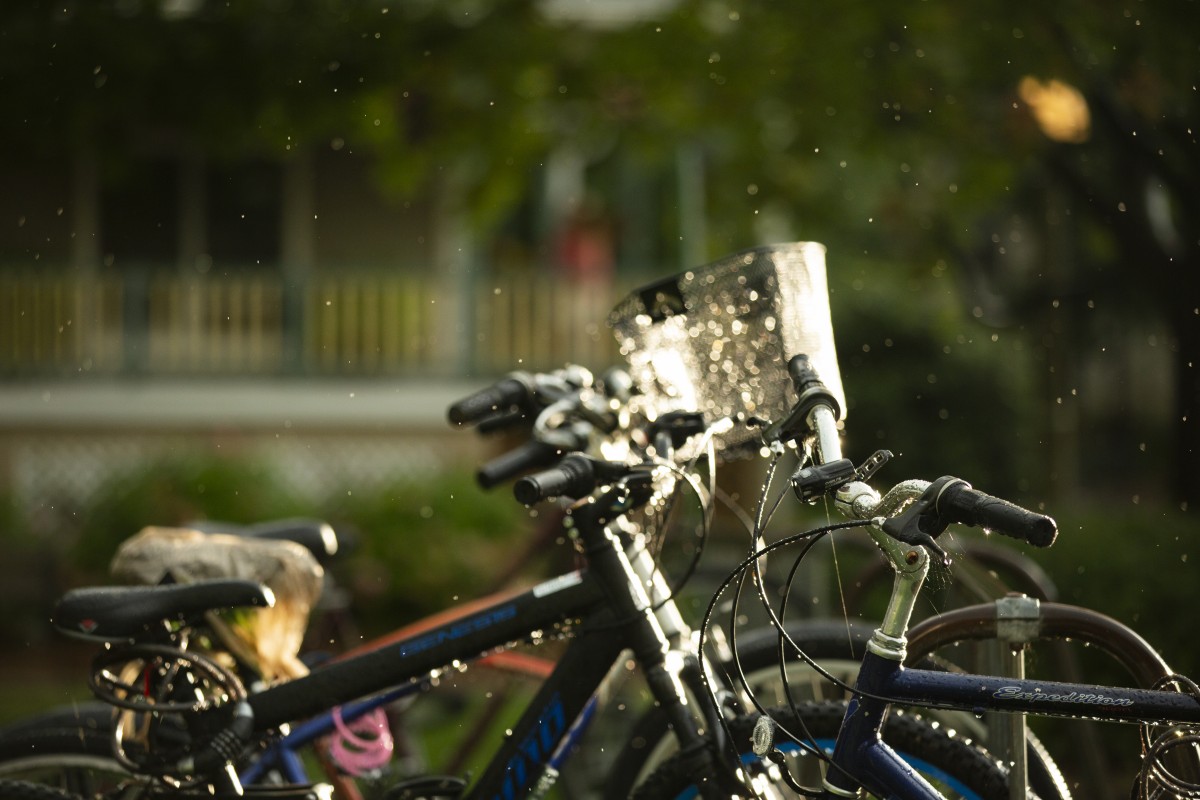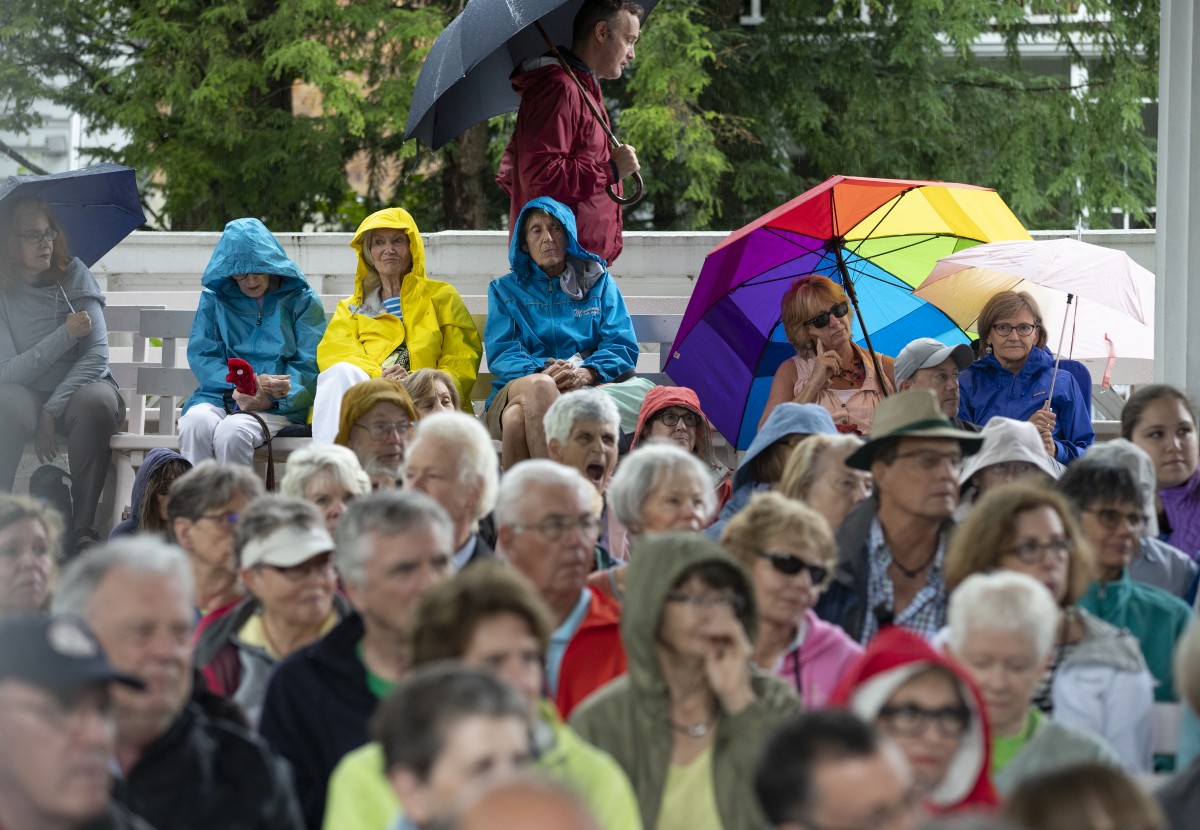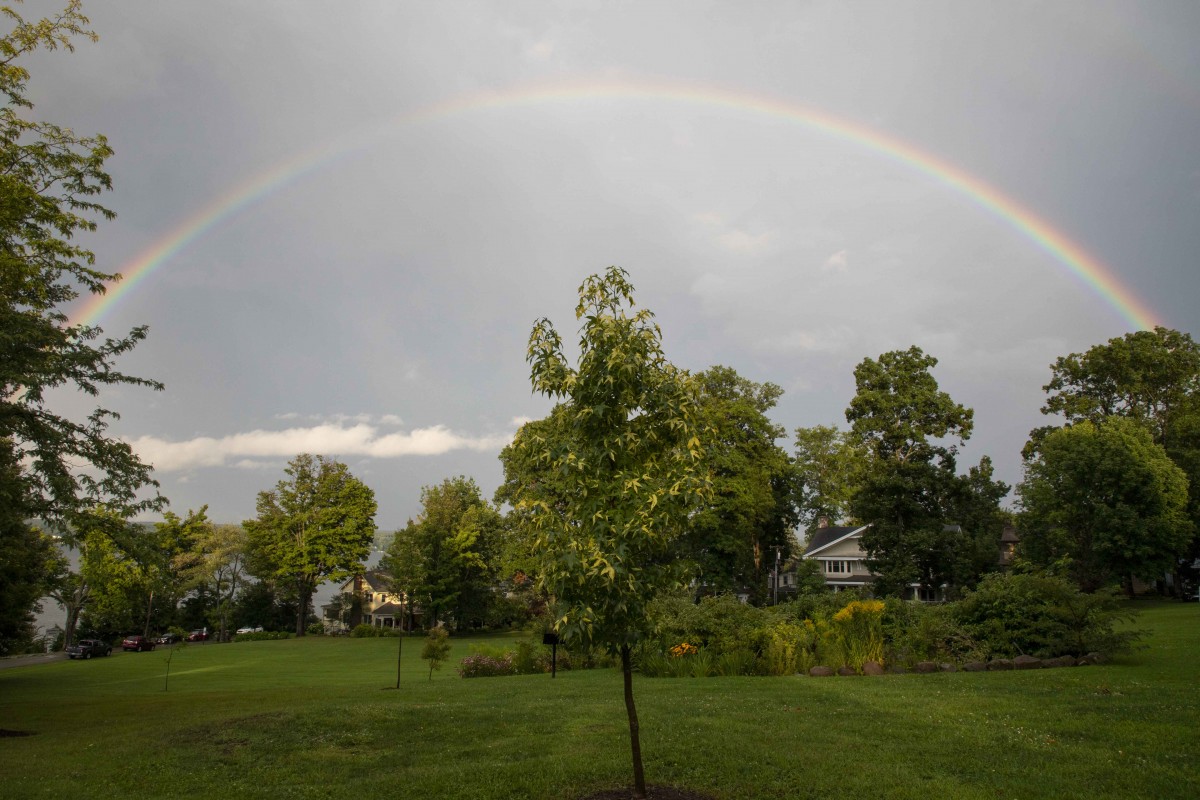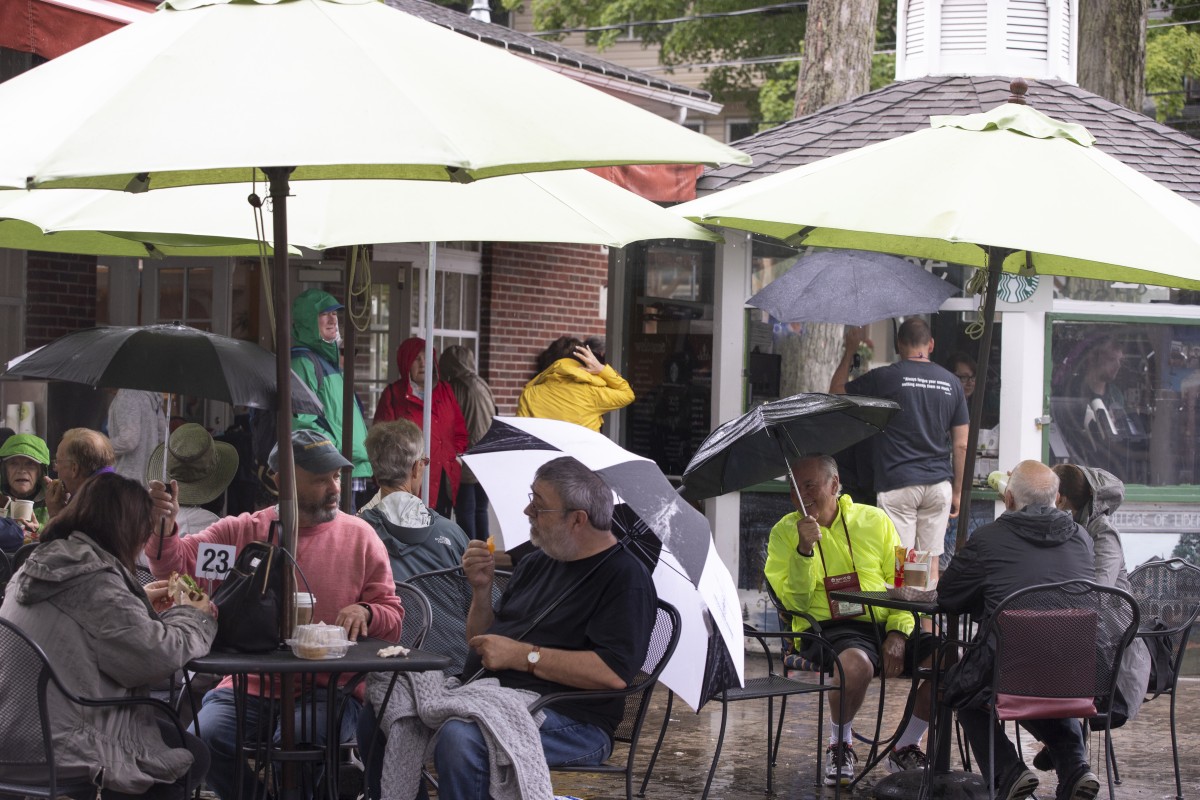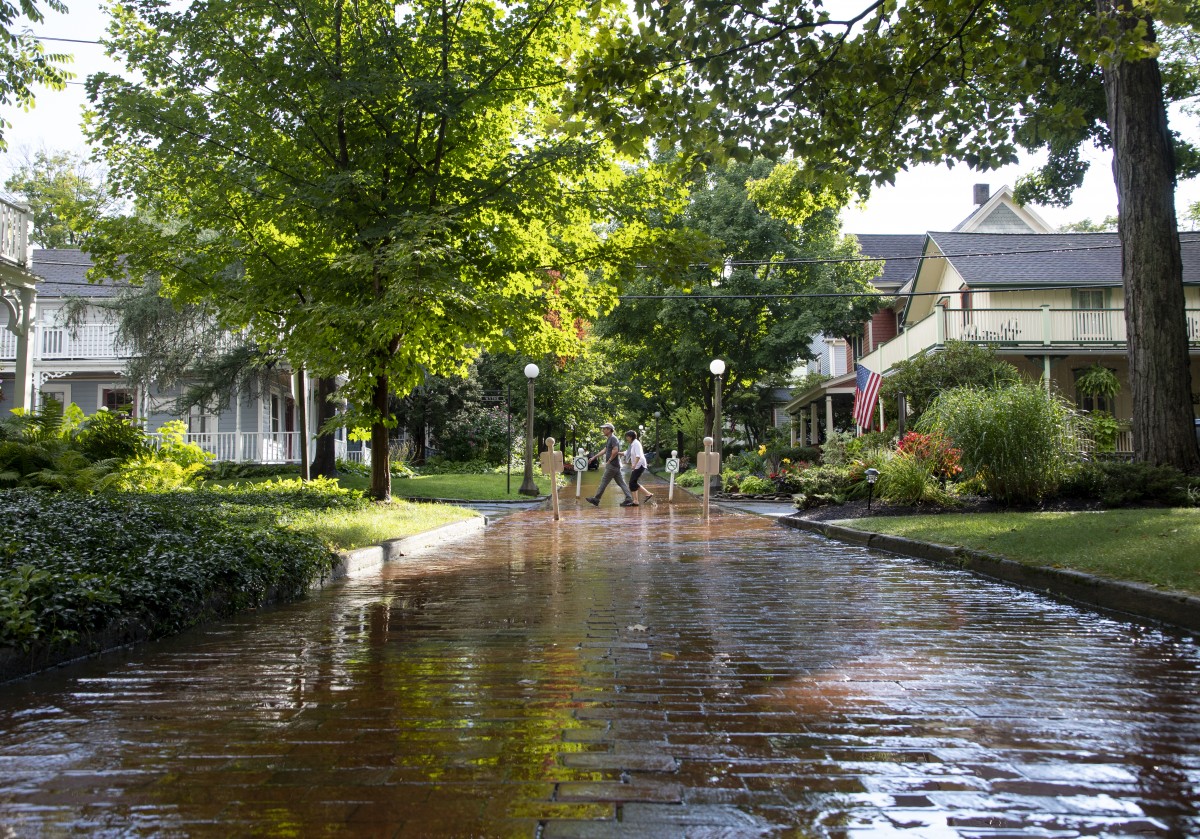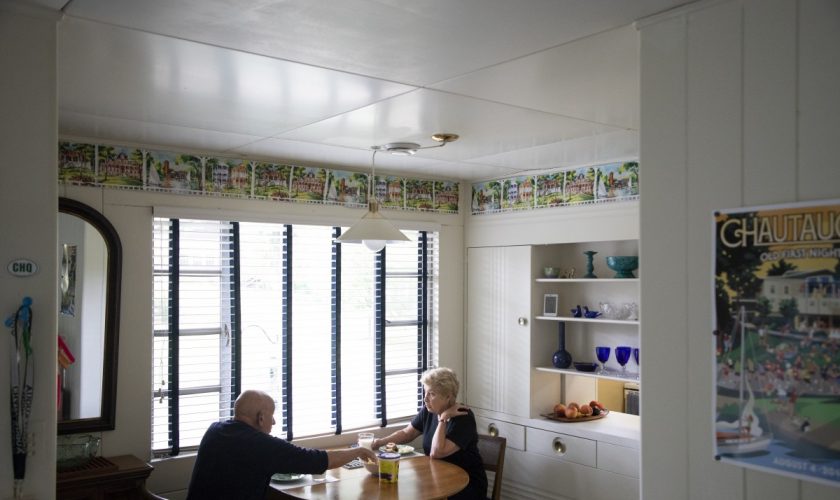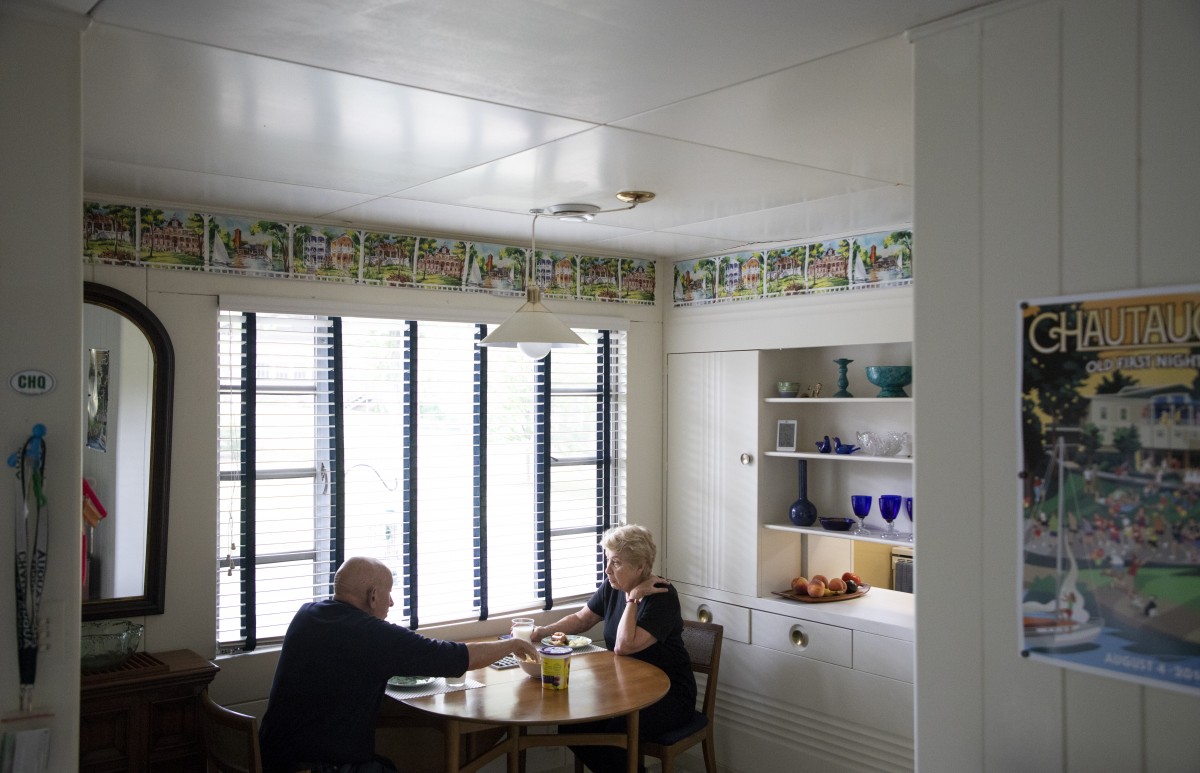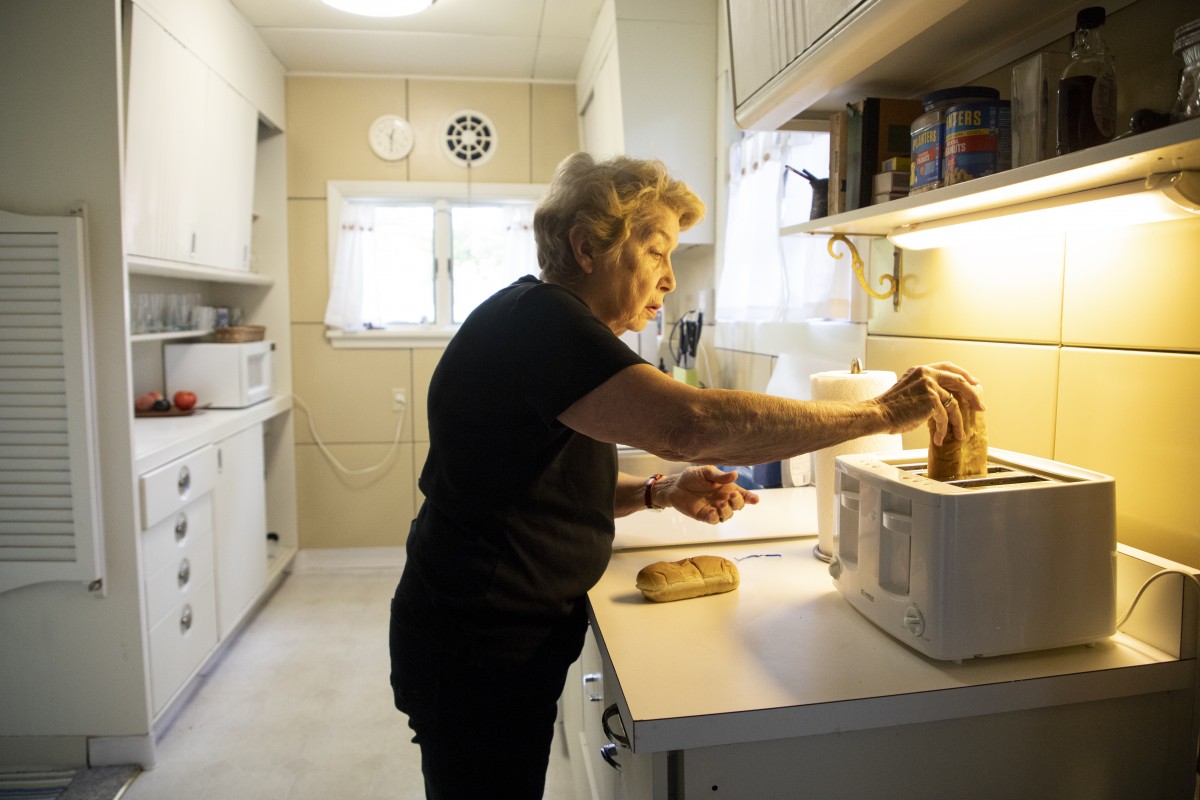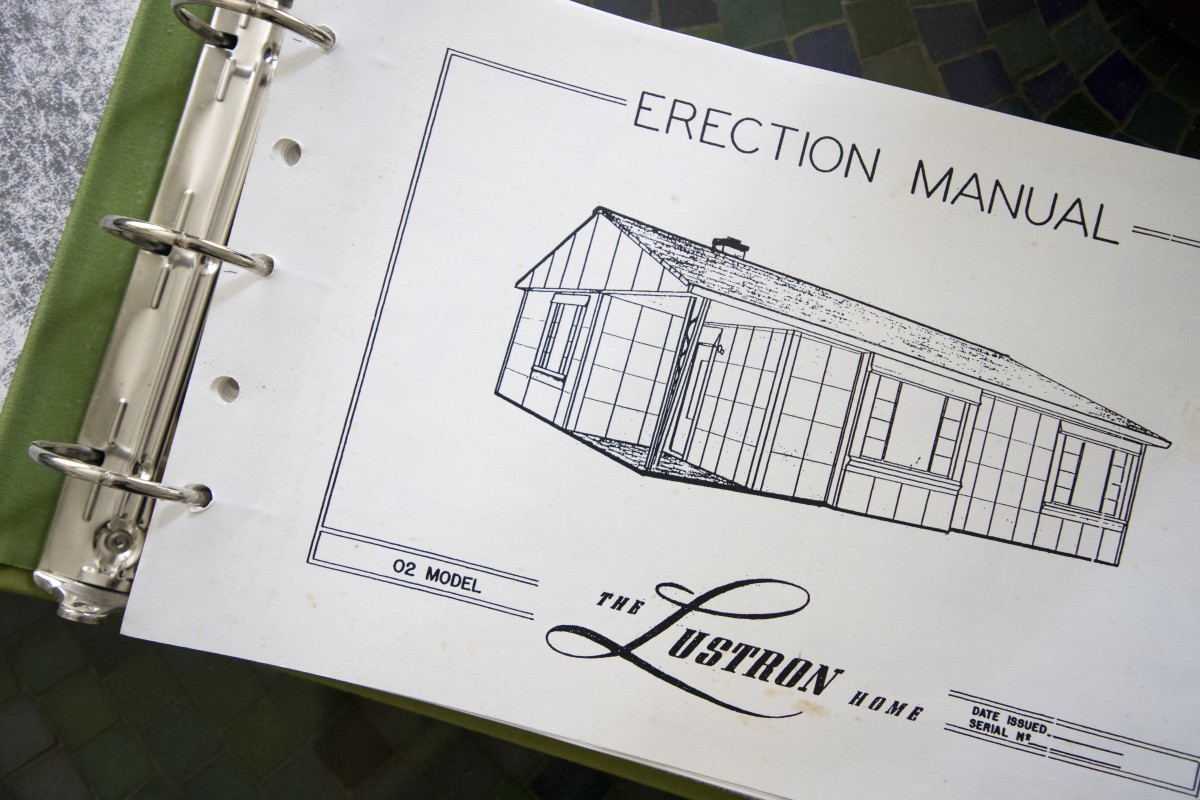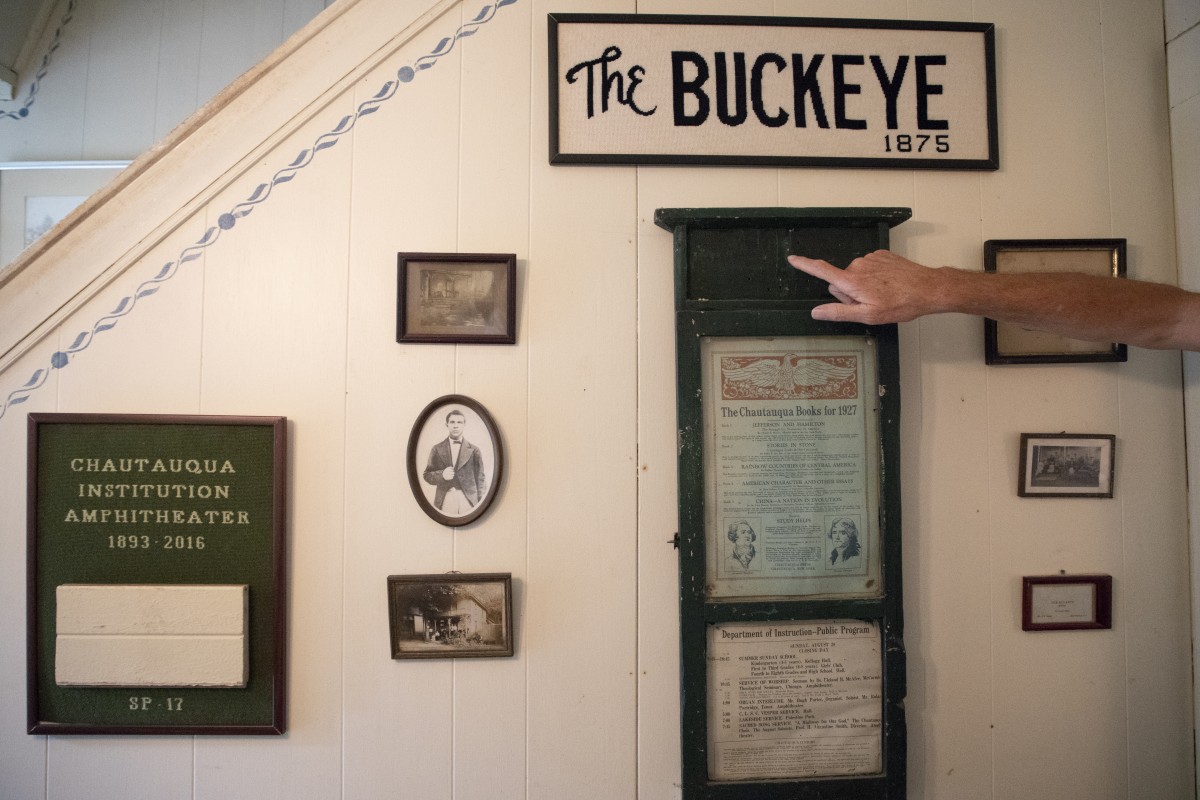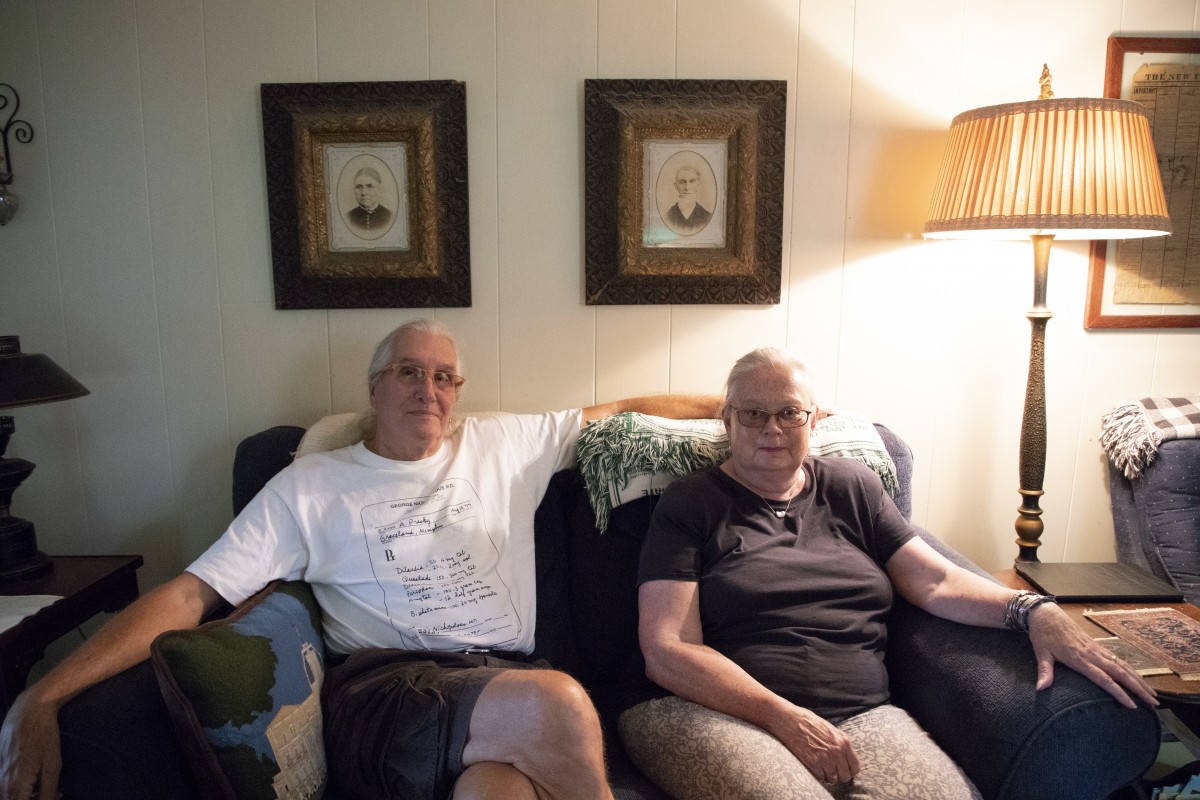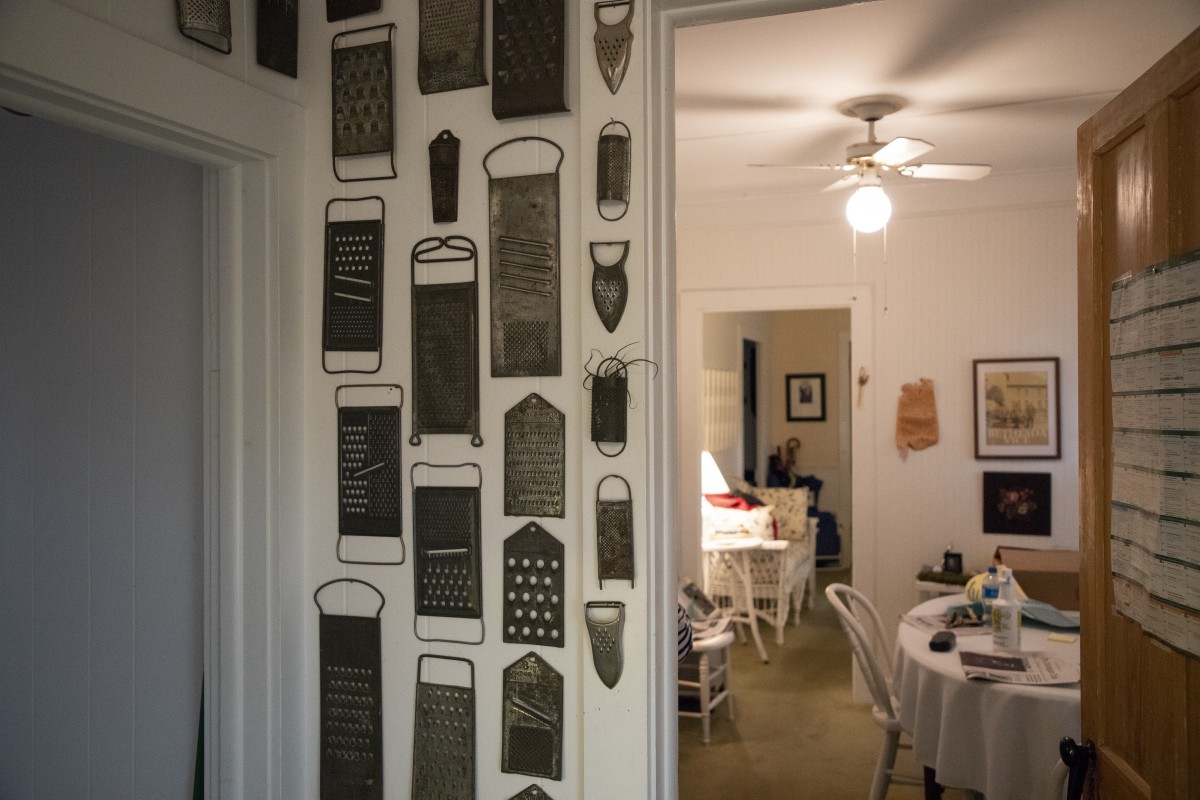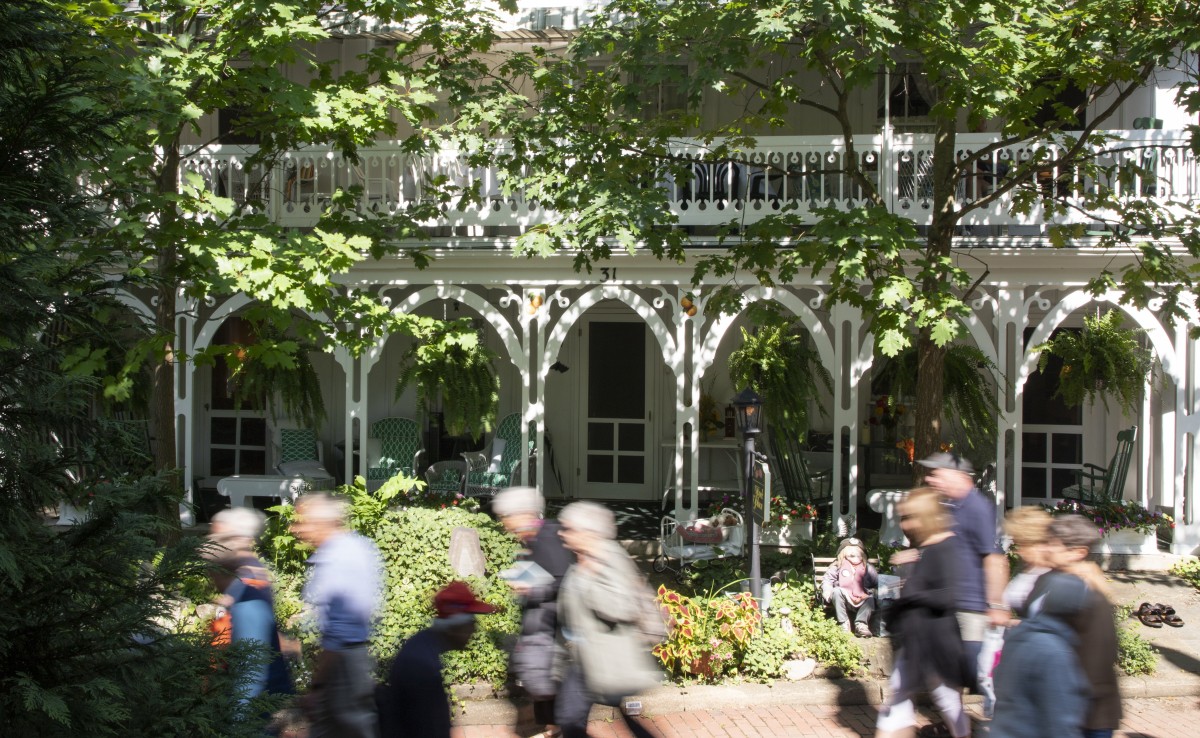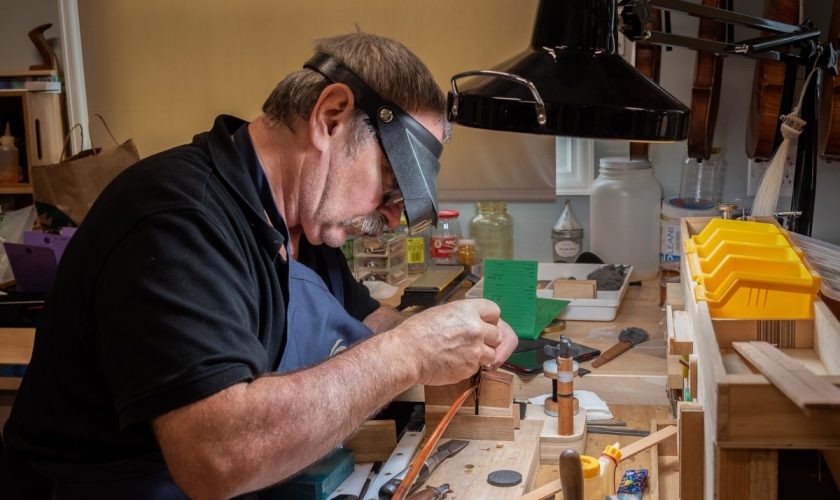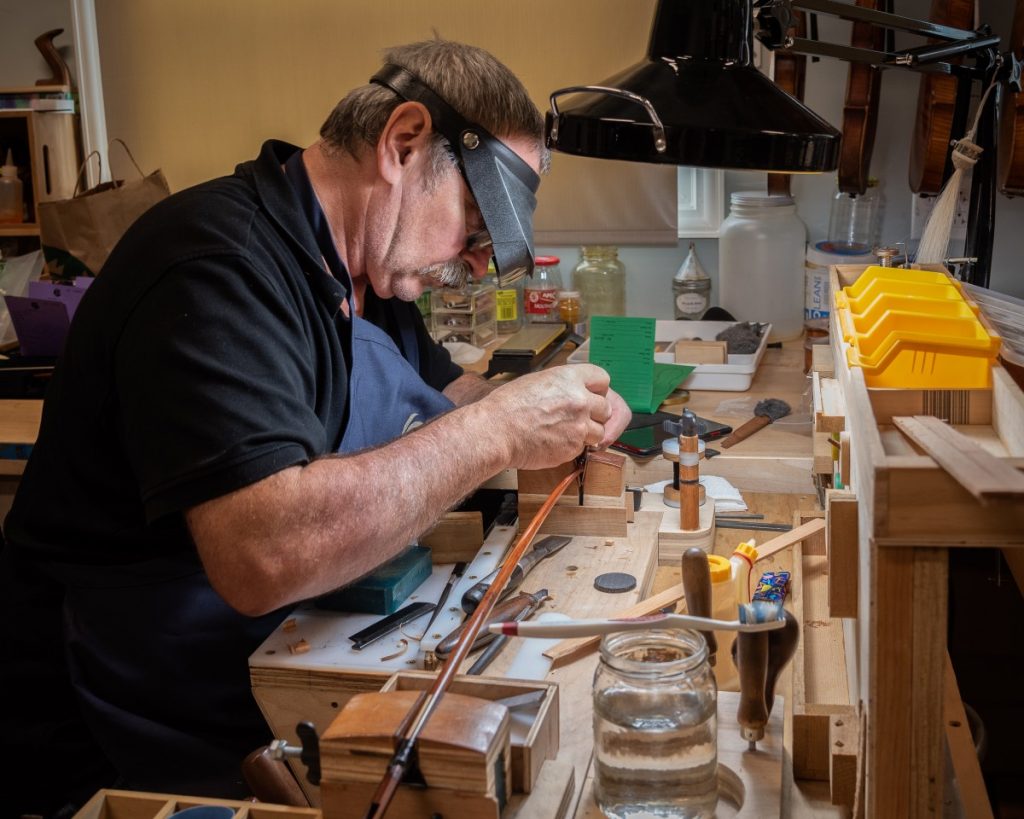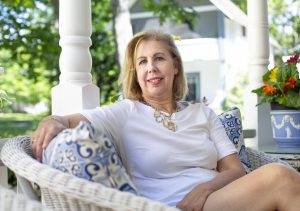
MHARI SHAW/STAFF PHOTOGRAPHER
Nancy Gibbs wears many hats: journalist, educator, wife and mother, lifelong Chautauquan and now, trustee.
The former editor-in-chief of Time — and the magazine’s first female editor-in-chief — is one of two newly appointed Chautauqua Institution Board of Trustee members who will serve four-year terms.
In the off-season, Gibbs directs Harvard University’s Shorenstein Center on Media, Politics and Public Policy and is the Edward R. Murrow professor at the Harvard Kennedy School of Government. She has co-authored two best-selling books: The Presidents Club: Inside the World’s Most Exclusive Fraternity and The Preacher and the Presidents: Billy Graham in the White House.
The Presidents Club was a finalist for The Chautauqua Prize in 2013.
But before her nearly 40-year career as an author and journalist, Gibbs found her love for writing in the Daily newsroom, she said, covering everything from the Children’s School to the morning lectures.
What was it like growing up at Chautauqua Institution?
This is the one place where I have friends I literally have known since birth, and we remain friends and we still see each other every summer.
I think that’s one of the truly remarkable things about Chautauqua; whatever directions our lives took us since coming here, this is where we come back to. This is ground-zero for our families, our professional lives in many cases — in my case, in journalism, and in my brother’s in music — all had its roots here. I think that’s one of the reasons it’s been so important in my life and our families’ lives.
How would you explain the Institution to someone who has never been here or never heard of it?
College, summer camp, mental health retreat, nature preserve — it’s all of those things. It’s like a gymnasium for your heart and your head and your soul.
Can you explain what a trustee and what the board of trustees does?
I’m still learning because I am a new trustee. … My older brother was a trustee, my father chaired the board of trustees, and so I’ve been watching the Chautauqua (Institution) Board of Trustees for as long as I can remember. It’s a fascinating experience now to get to join it and understand where its influence begins and ends.
I think it’s important the board draw from both the experience and the expertise of its members, inside Chautauqua and outside Chautauqua — what we do when we’re here, what we do the rest of the year — and bring that experience to the challenges and opportunities here.
So what I love about the board is it is such an interesting mixture of people and skill sets, and I think that’s what makes it a successful resource for the administration here.
You’re on the marketing & brand strategy committee. How do you think your professional expertise will translate into that committee?
Well, to the extent that my professional life has always been about storytelling, which is the heart of journalism and in some ways the heart of politics and essential to successful leadership for Chautauqua — to figure out how to tell its story to people who might want to be part of this place, and how to understand its mission both here in this place during the summer, but also outside of the summer and outside of the gates.
I think that aligns fairly obviously with my life as a journalist and my life trying to see patterns and understand what people are curious about, what they want to know more about. I’m hoping I can help Chautauqua where it needs to tell a story for the 21st century that fully draws on values it has held since the 19th (century).
What’s your biggest hope for your first season as a trustee?
Just to keep learning. I think new trustees obviously bring fresh eyes to the challenges, but there is so much we don’t know about the immense amount of work that goes into making this place seem natural and organic and effortless, as though it all just magically happens, as though these grounds just take care of themselves, as though that program just appears on the Amphitheater stage and a million other places around the grounds.
So much work goes into making this happen that I’m still learning an enormous amount about how it operates and how Chautauquans — trustees and not — can help make the place as healthy and successful as possible.
What gets you out of bed in the morning?
Once a reporter always a reporter; I get up to find out what happened overnight. I’m horribly attached to my devices, so unfortunately about the first thing I do is look in my inbox and read the papers, read 50 newsletters that have appeared. That’s always been true to some extent; it’s particularly true now when we’re in such a fateful political season.
Do you miss being a reporter or being in the thick of the news?
I’m still writing. … And what I’m teaching is so directly connected to — not just what’s happening in journalism — politics and the health of democracy itself. While I’m not responsible for making real-time coverage decisions — and I don’t miss that — I don’t feel like I’ve stepped out of the conversations happening in newsrooms.
What are you most excited about this season?
This feels like a moment when Chautauqua’s almost 150-year mission is needed more than ever, and not only needed, but people are aware it’s needed — of a place where people actually physically come together, actually put down their phones and talk face-to-face or listen to a lecturer or an artistic presentation that challenges them.
I think there’s a mindfulness now that there’s something that has really disrupted the way we talk to each other and think about each other. … The fact that this is a place where people can come and have an actually civilized disagreement — it’s not that everyone comes here and agrees with each other, hopefully people come here and disagree with each other — but in a way that reminds them that it’s okay and that you can still get along and solve problems together.
I think there’s a hunger for that — for modeling that, for experiencing that, for taking some of that back into the rest of our lives — that’s actually new, even though that’s been a mission of this Institution since 1874. I’m excited about the ways in which this place is urgently adapting to the need right now and seeing where that takes us going forward.

